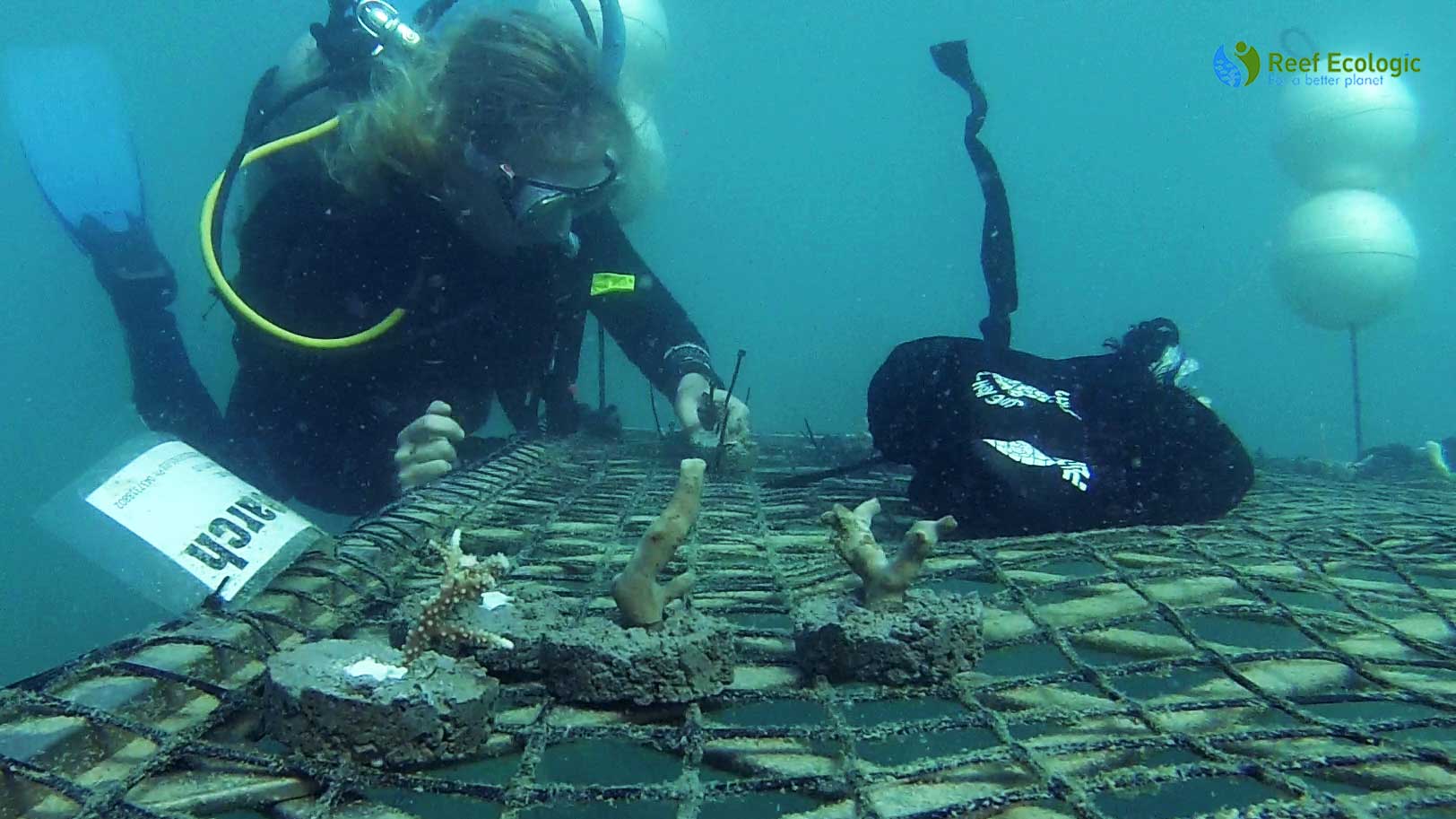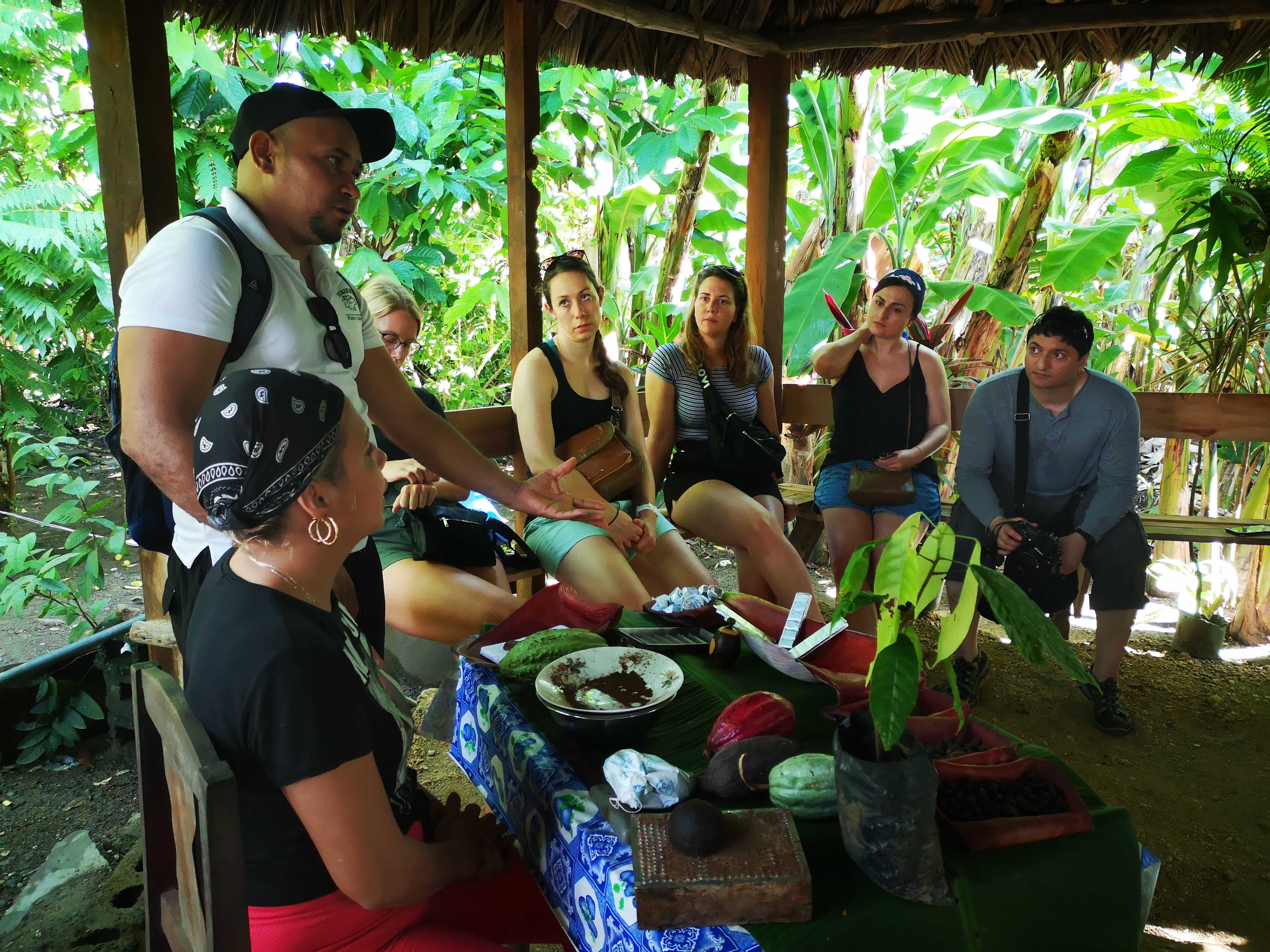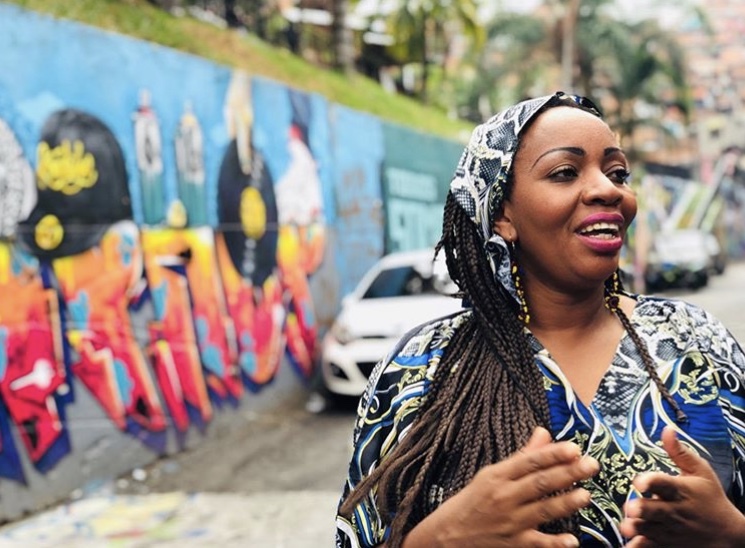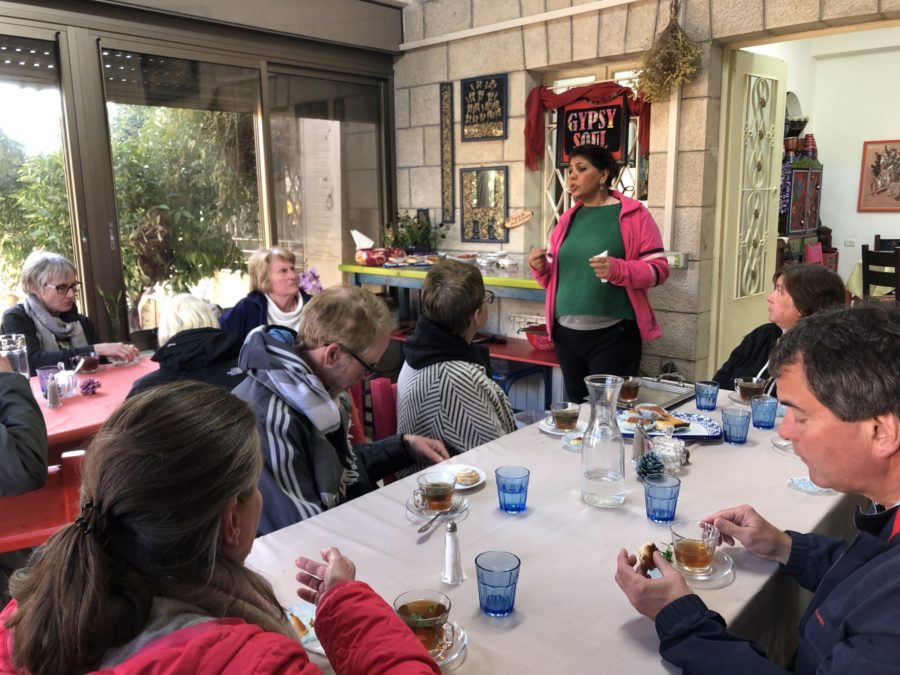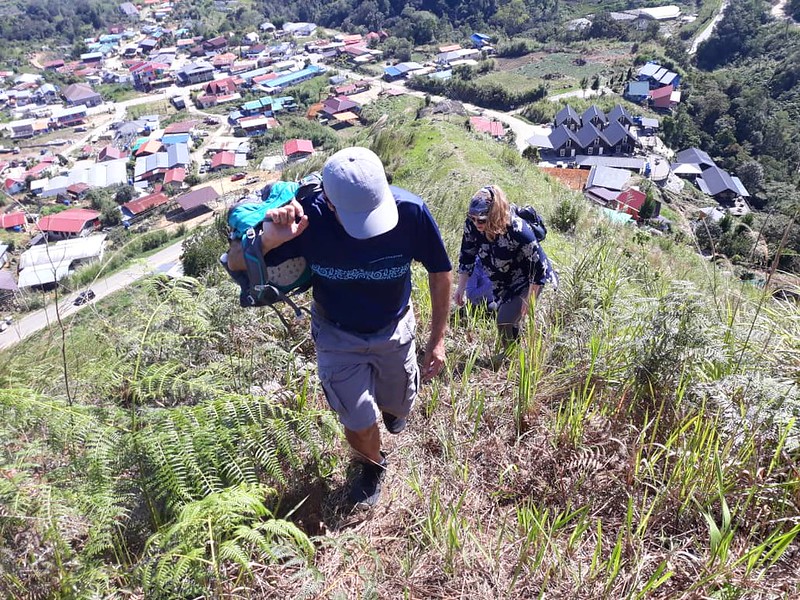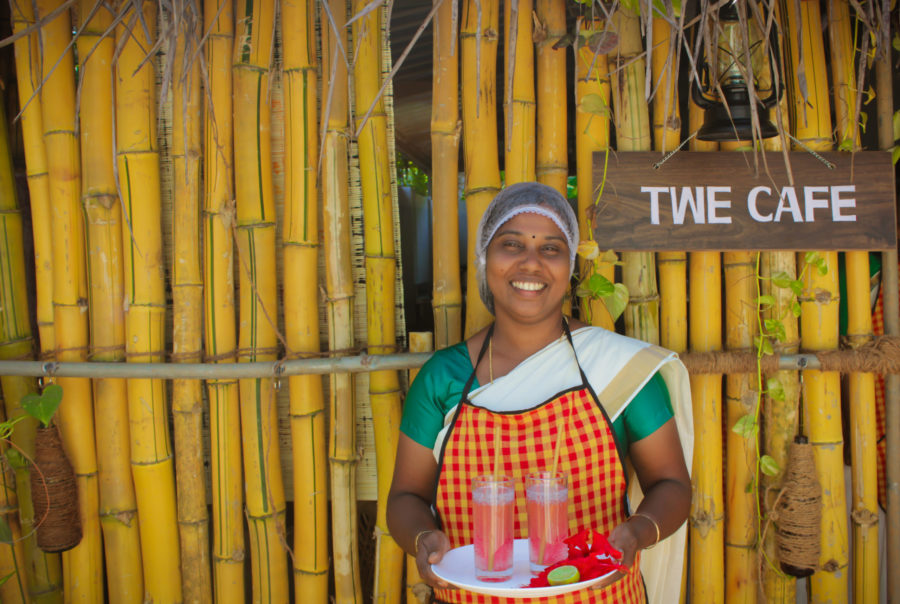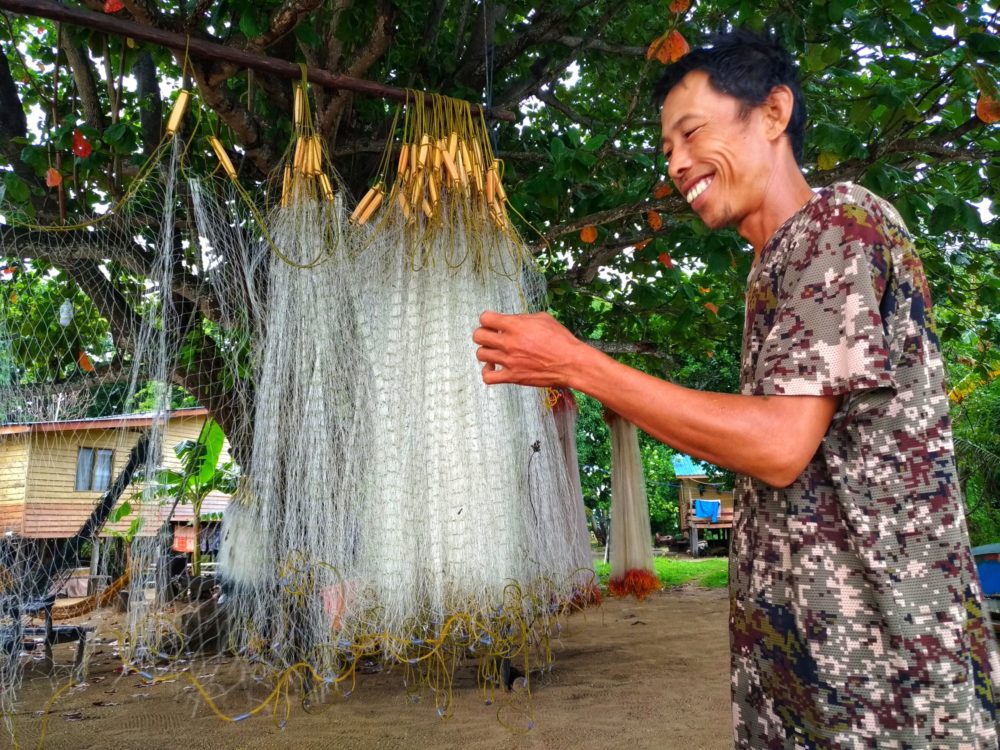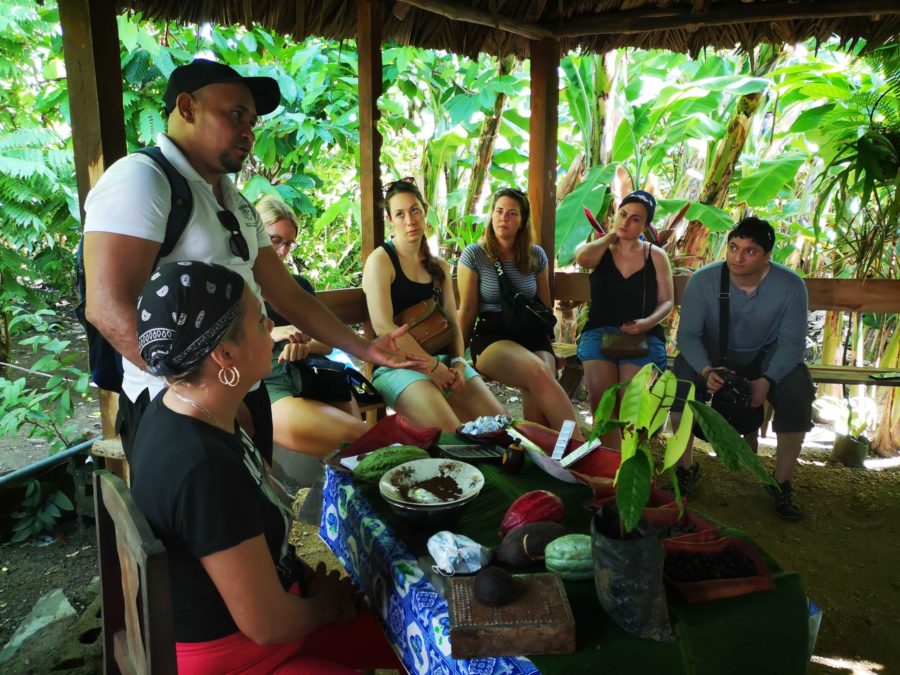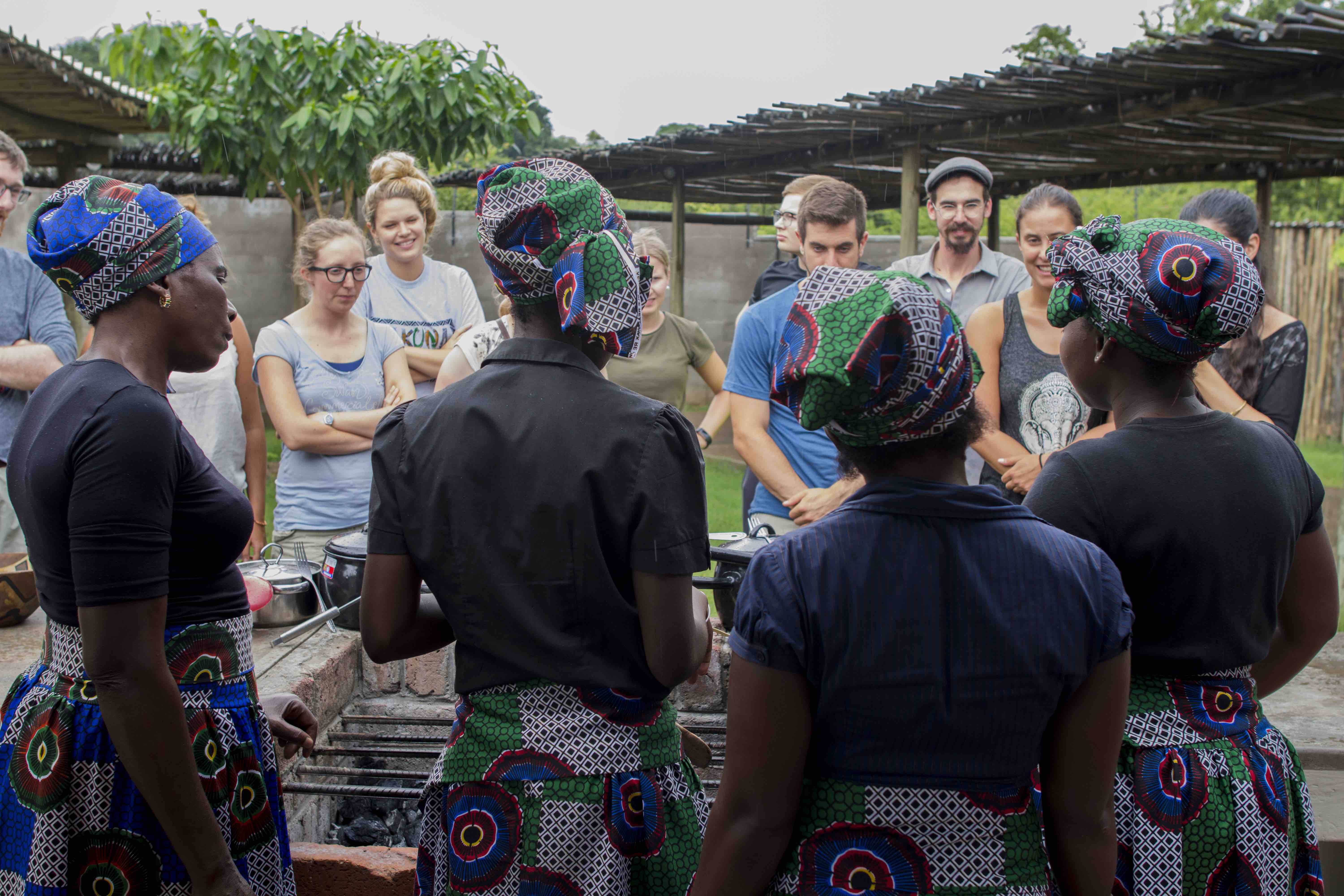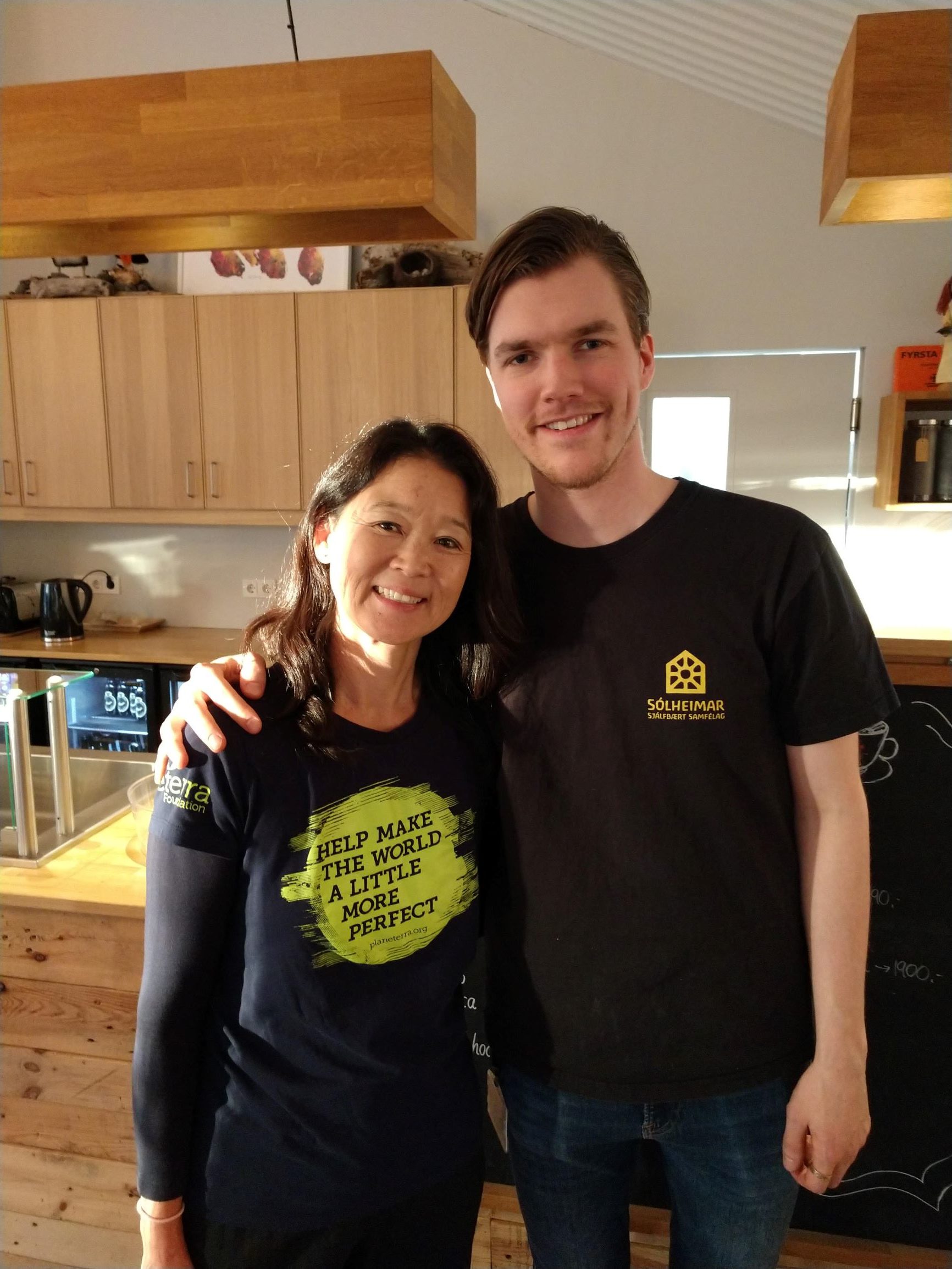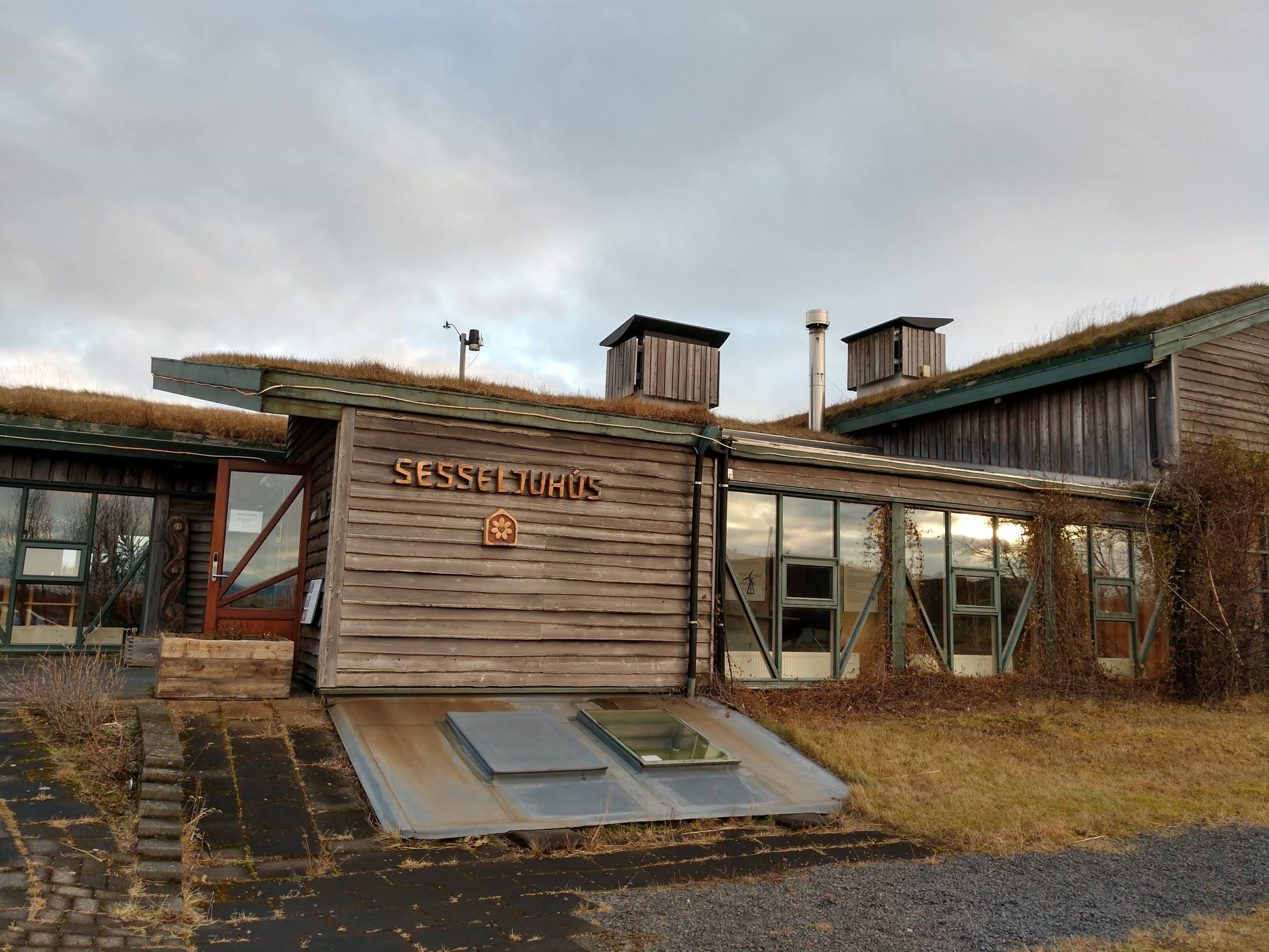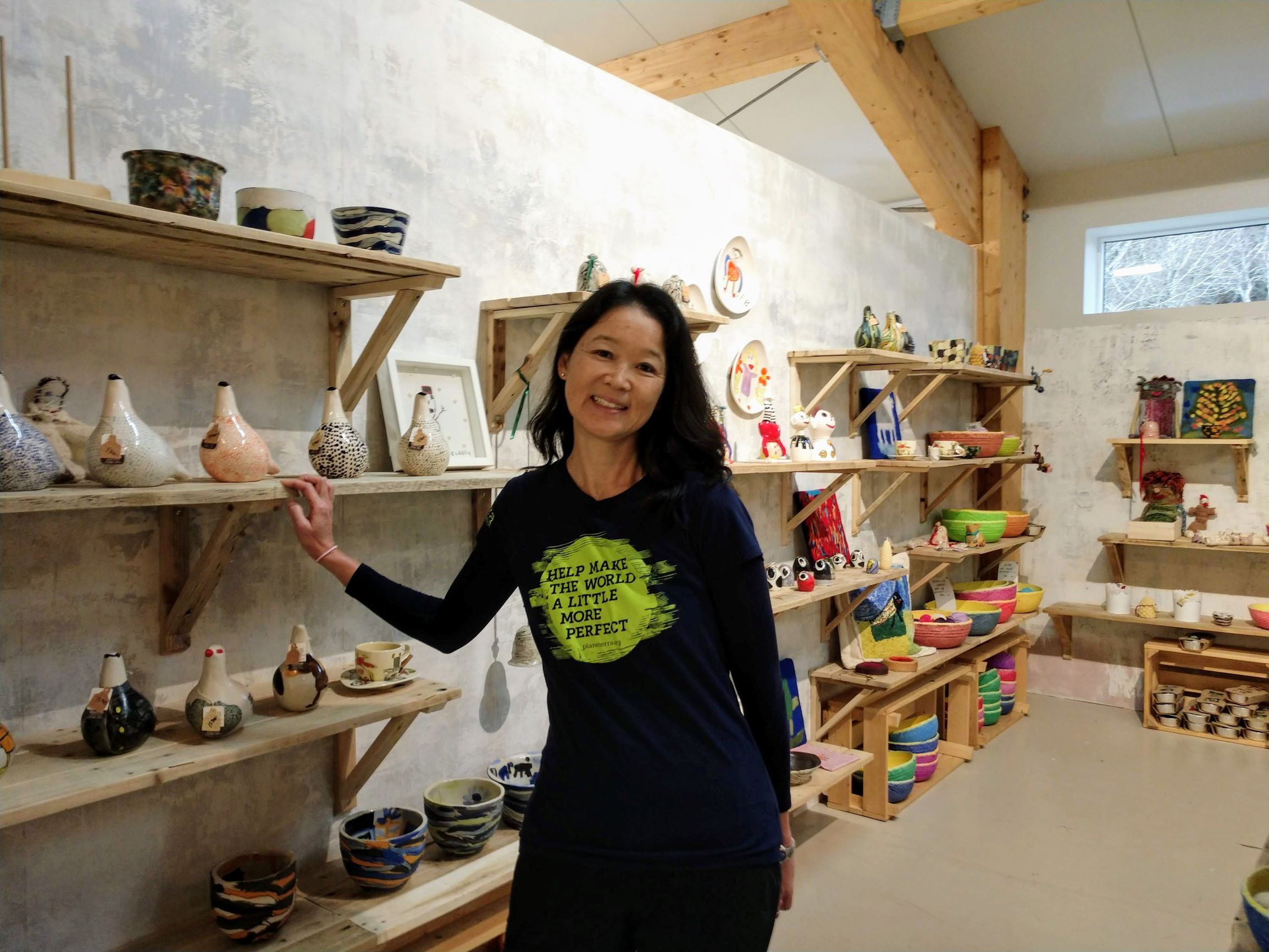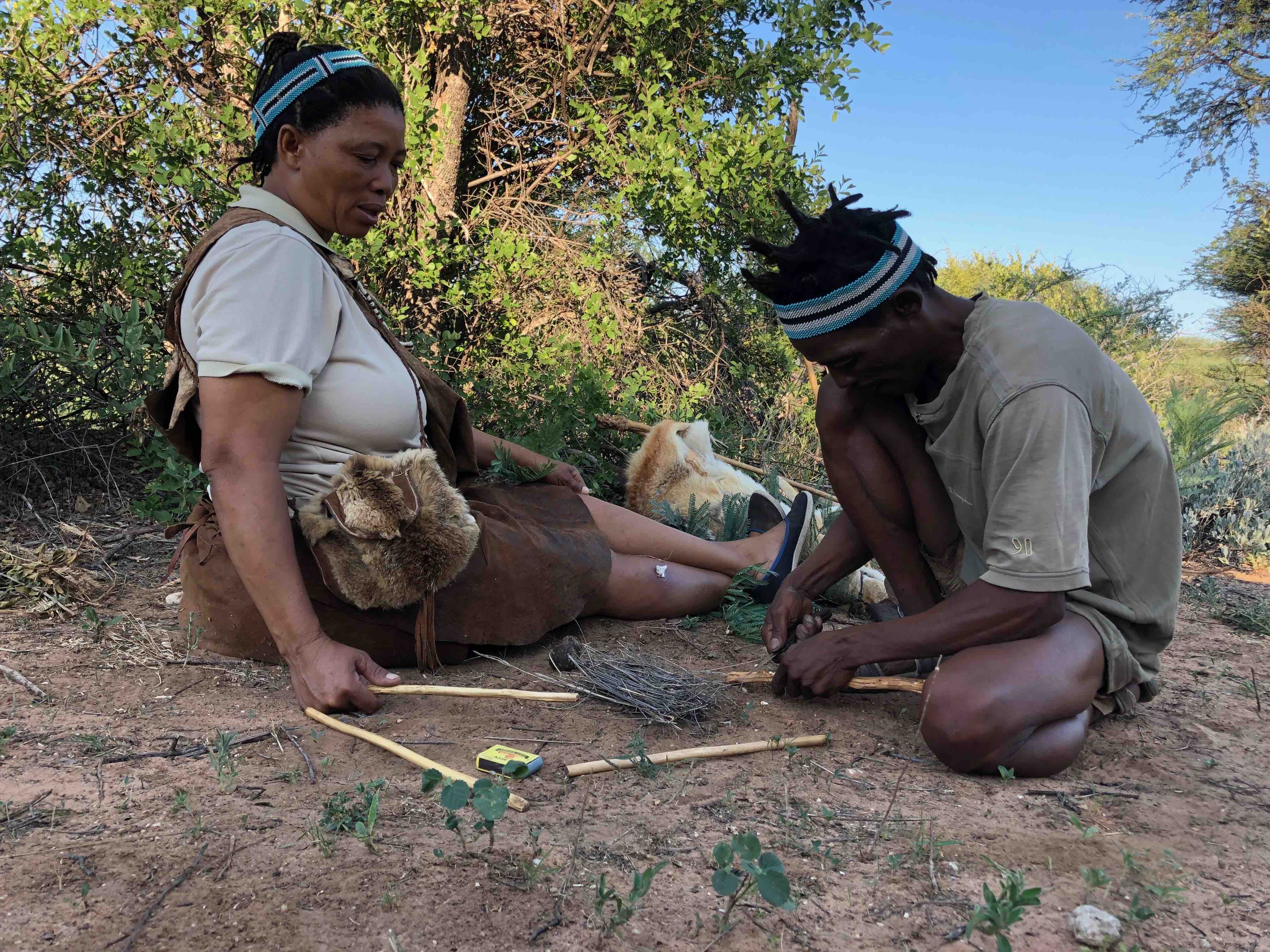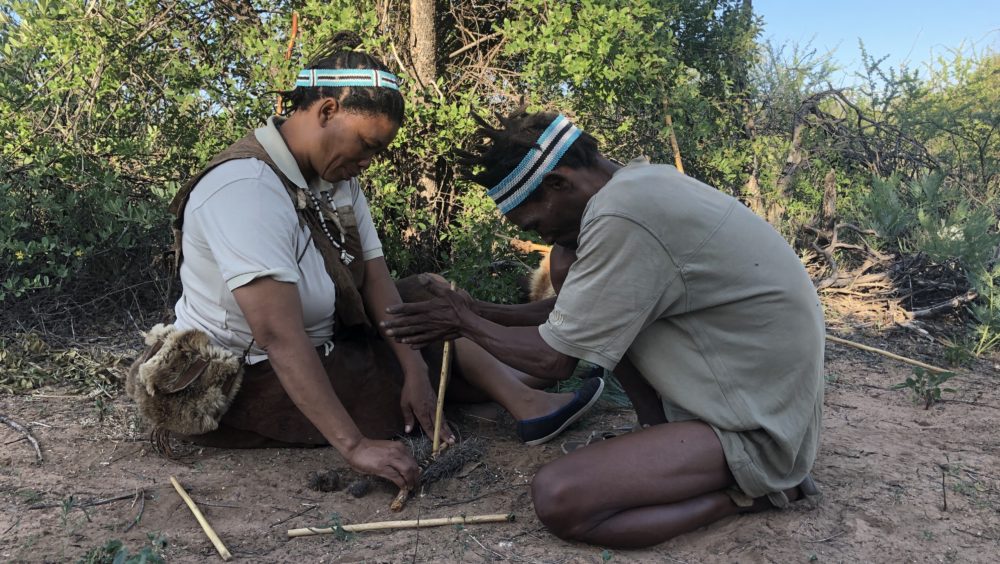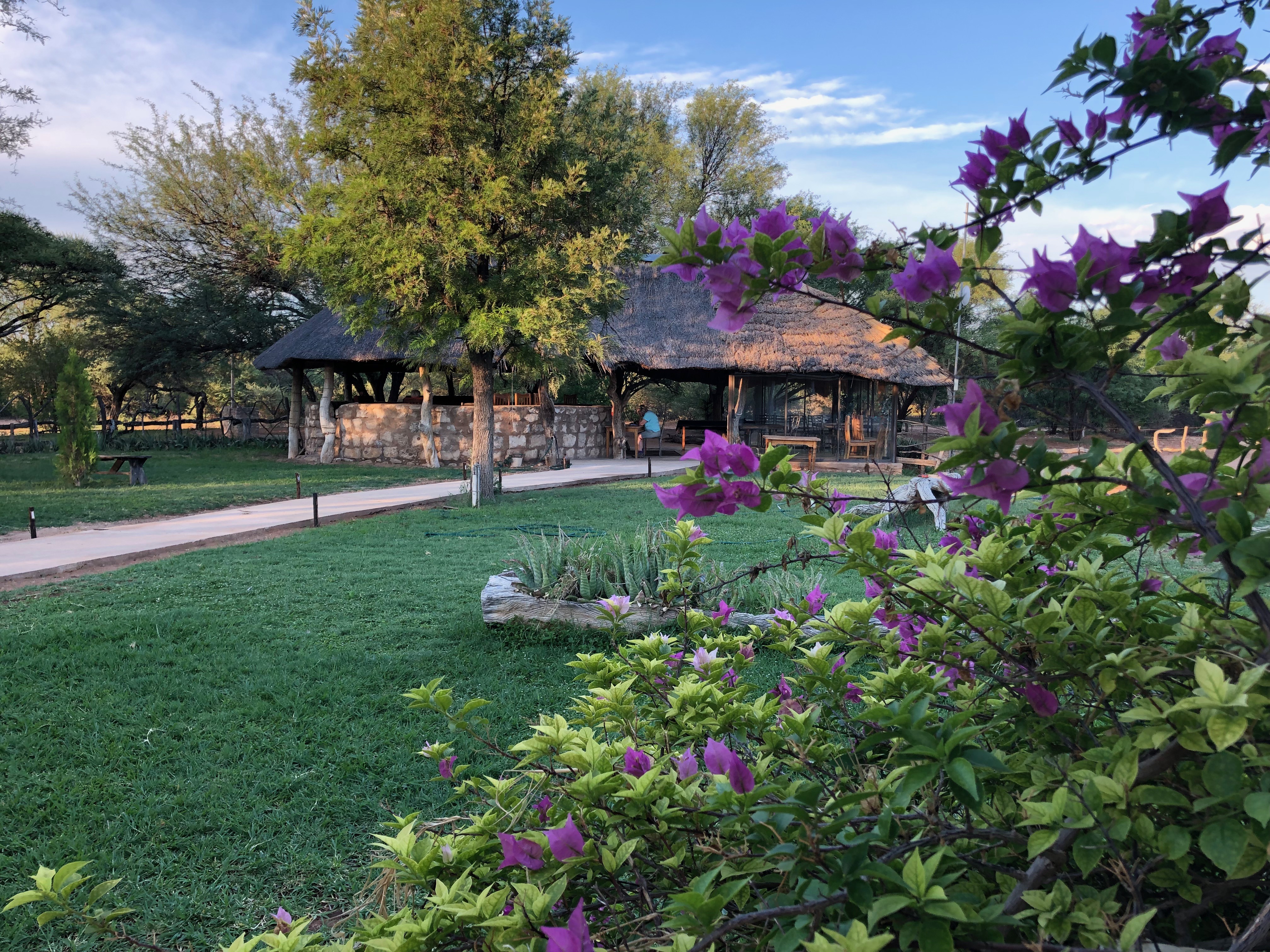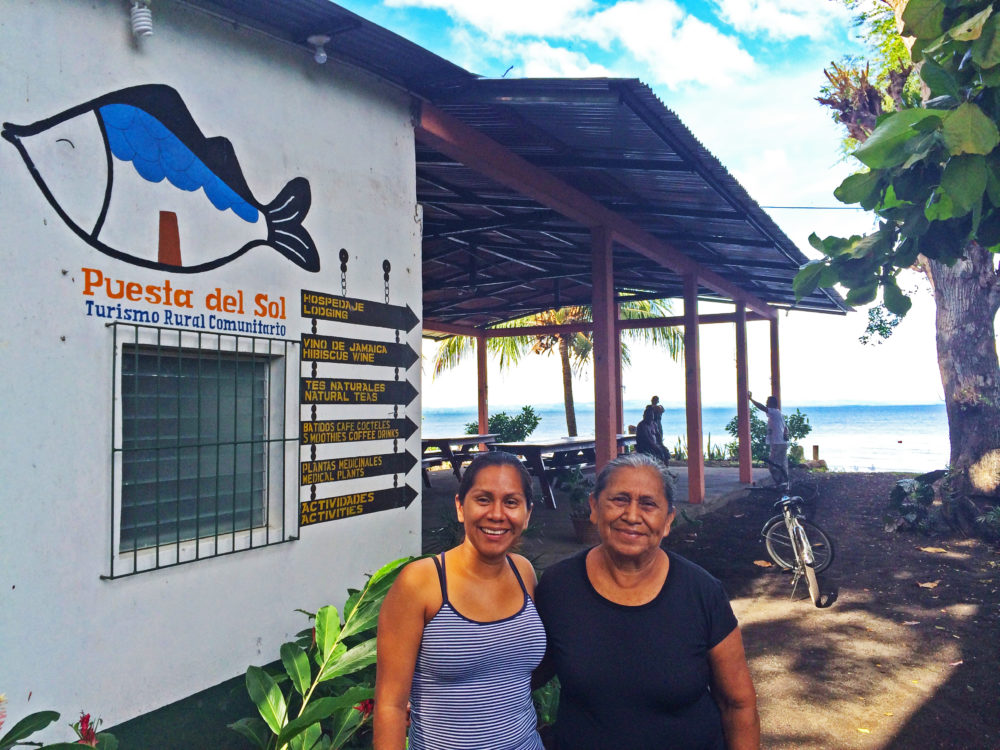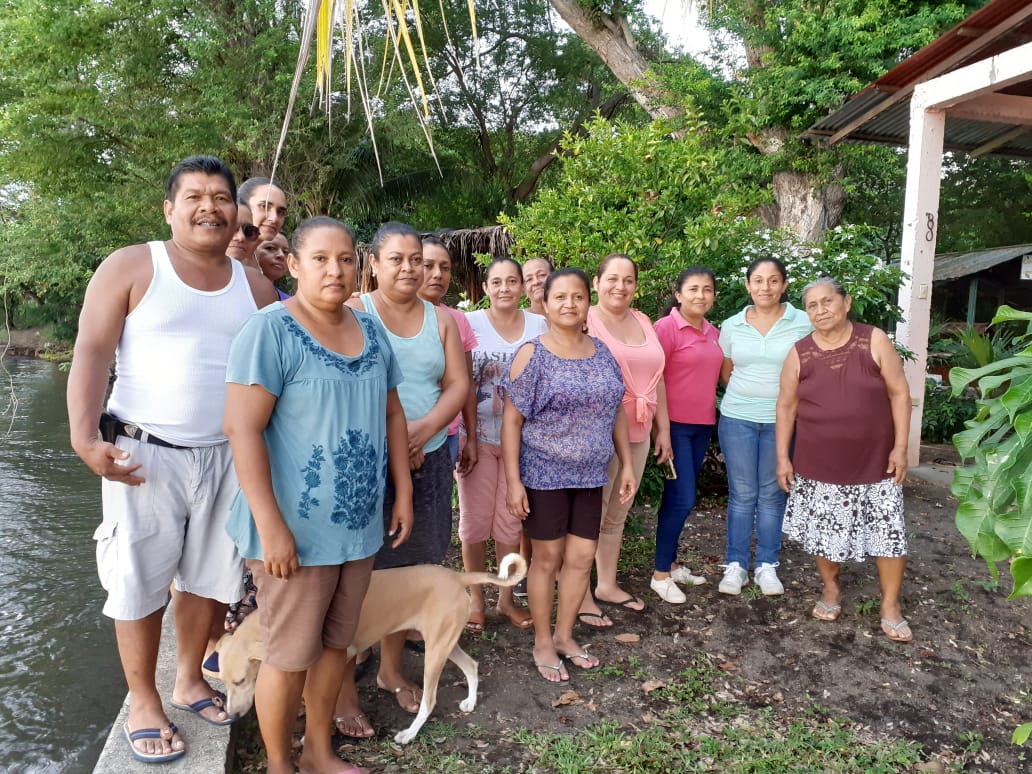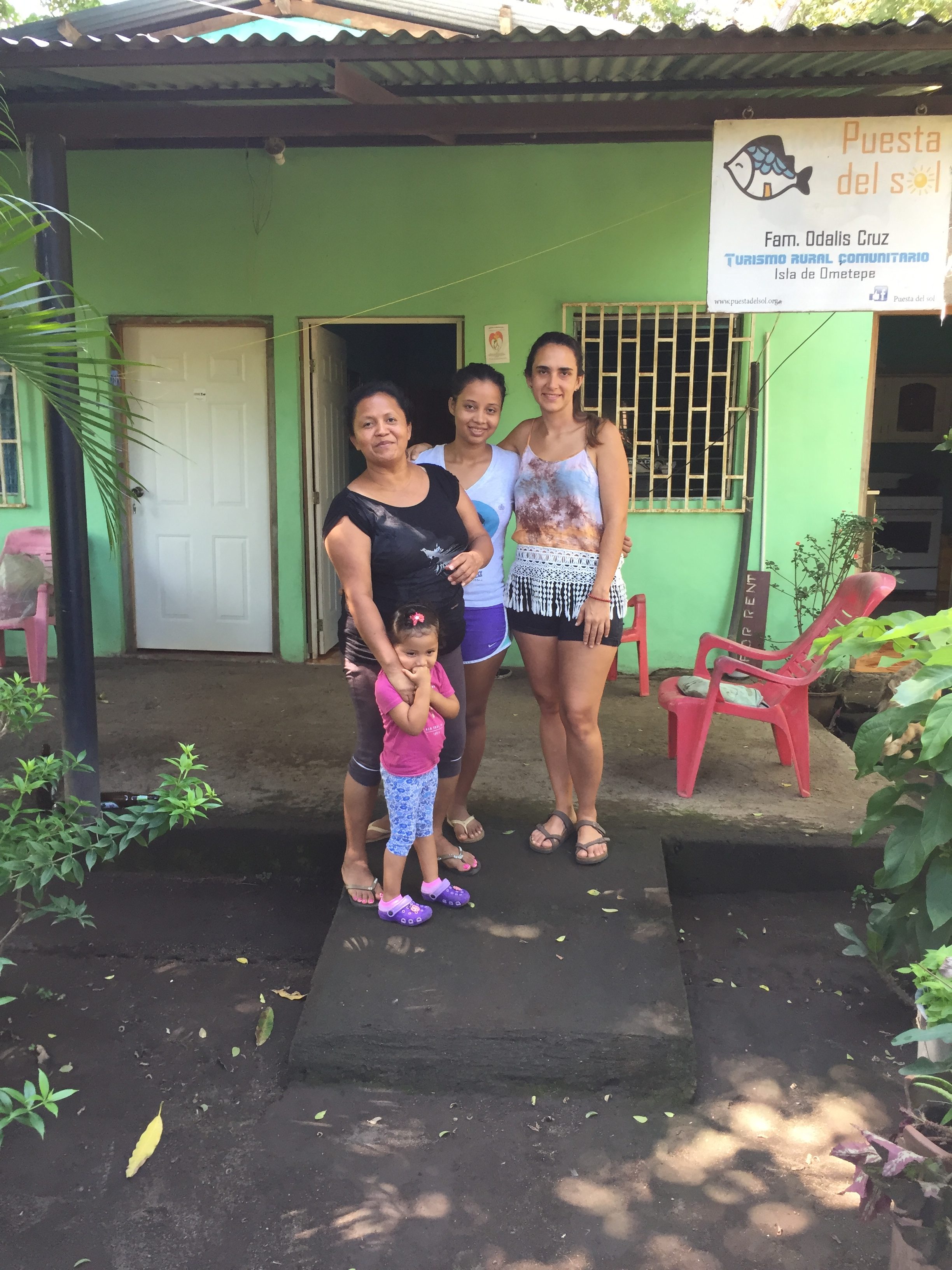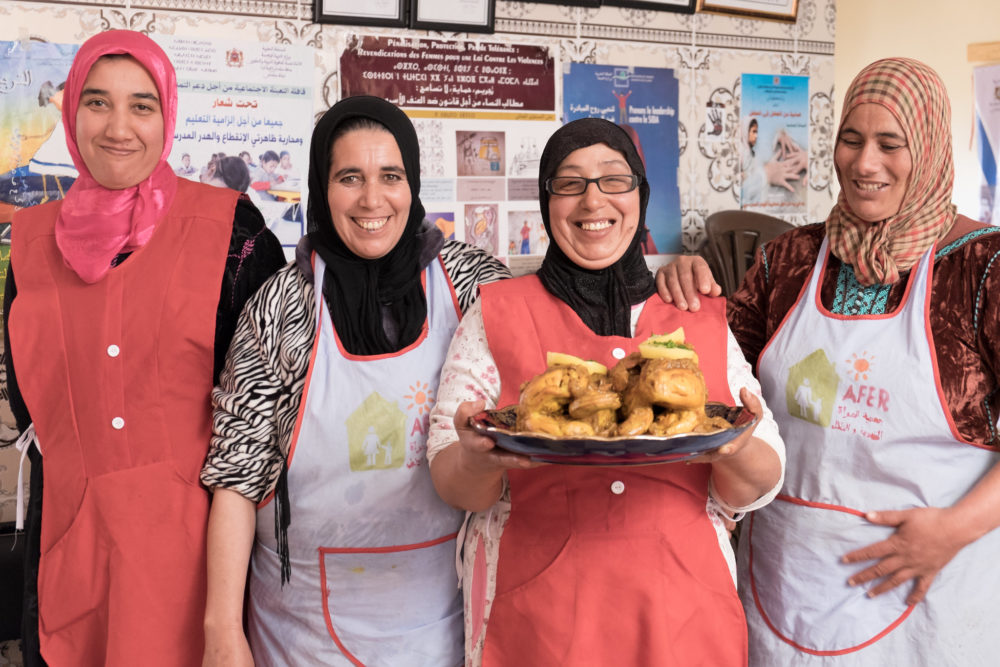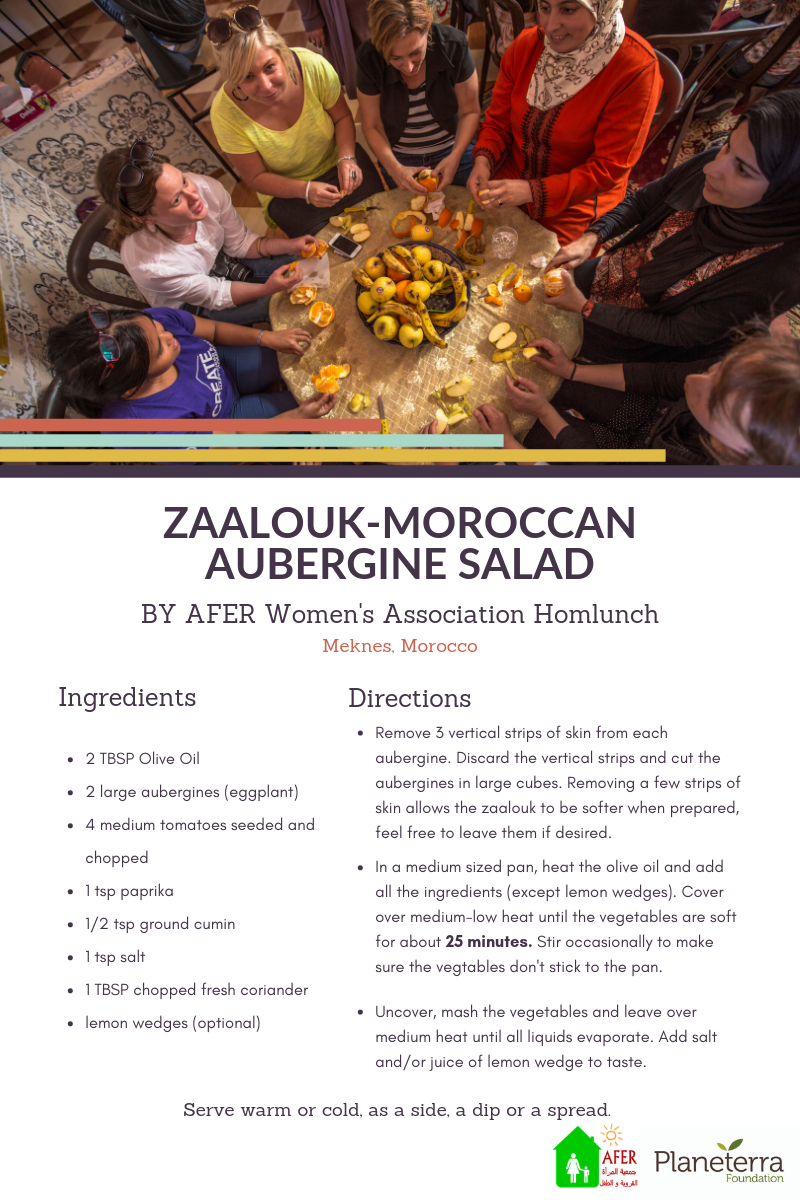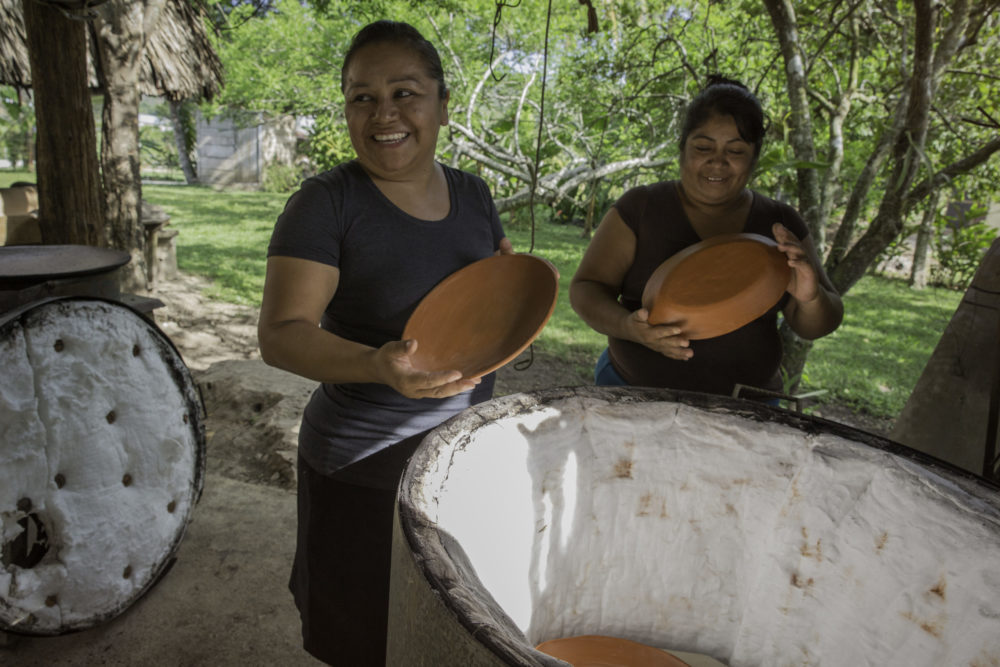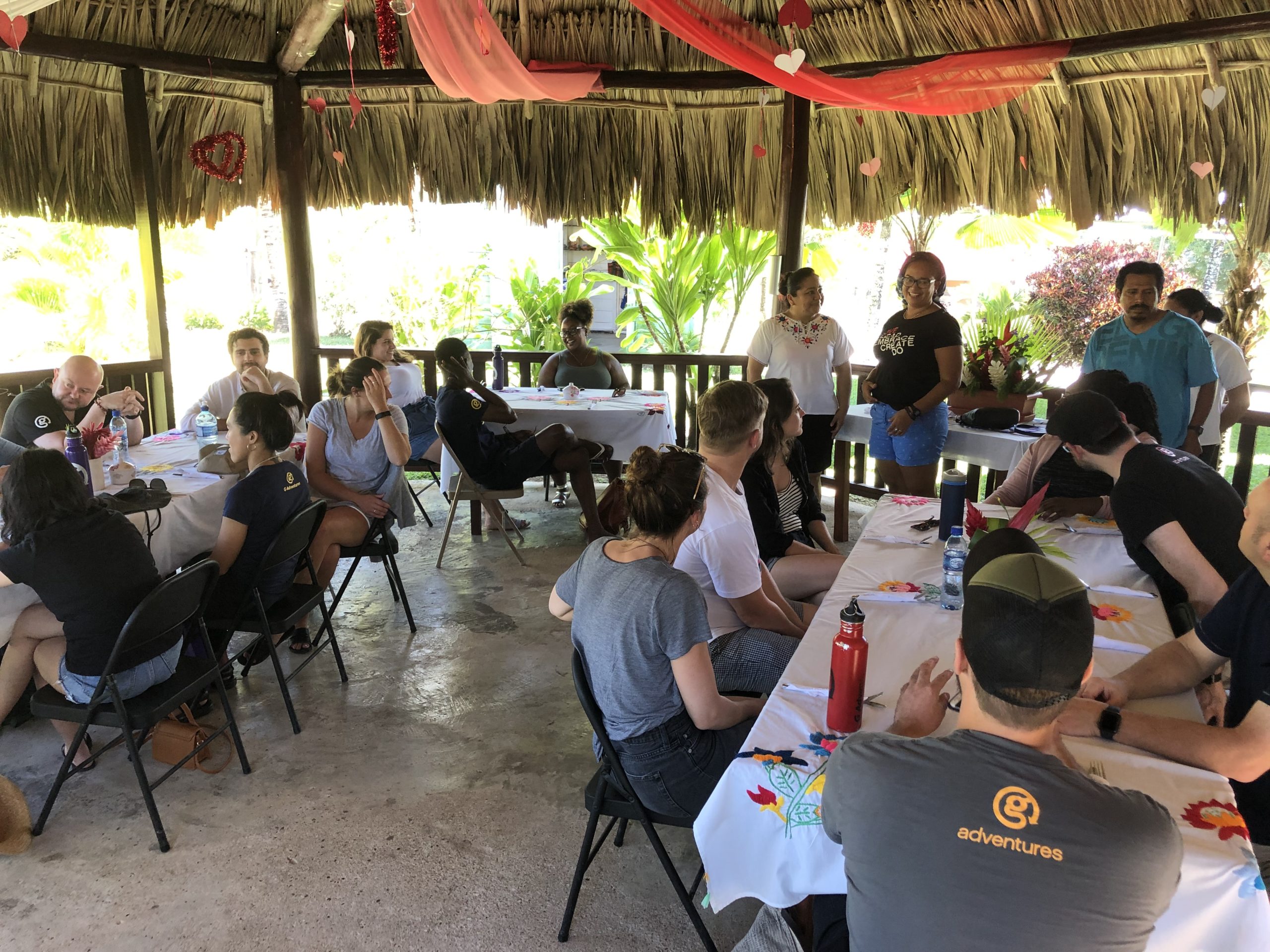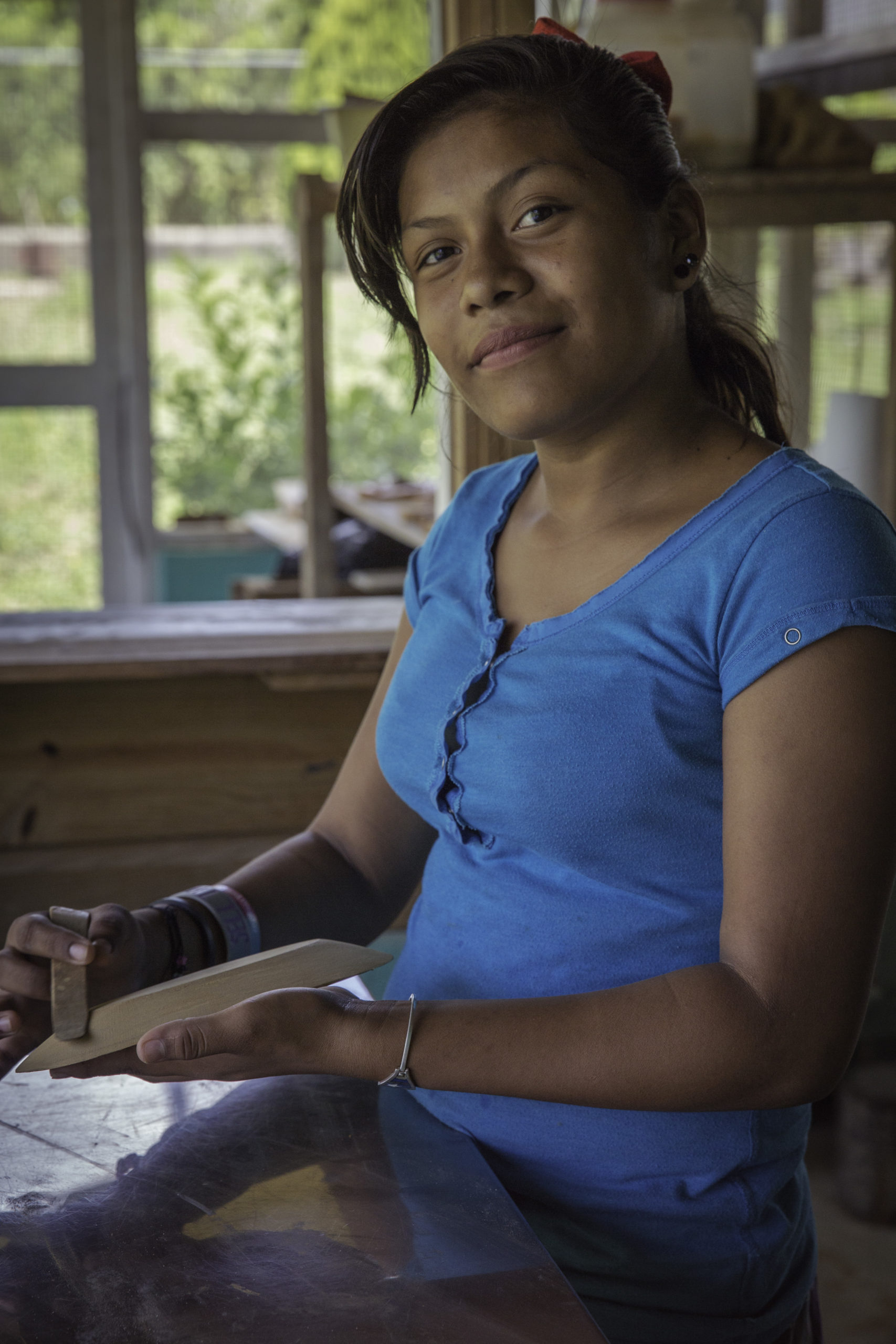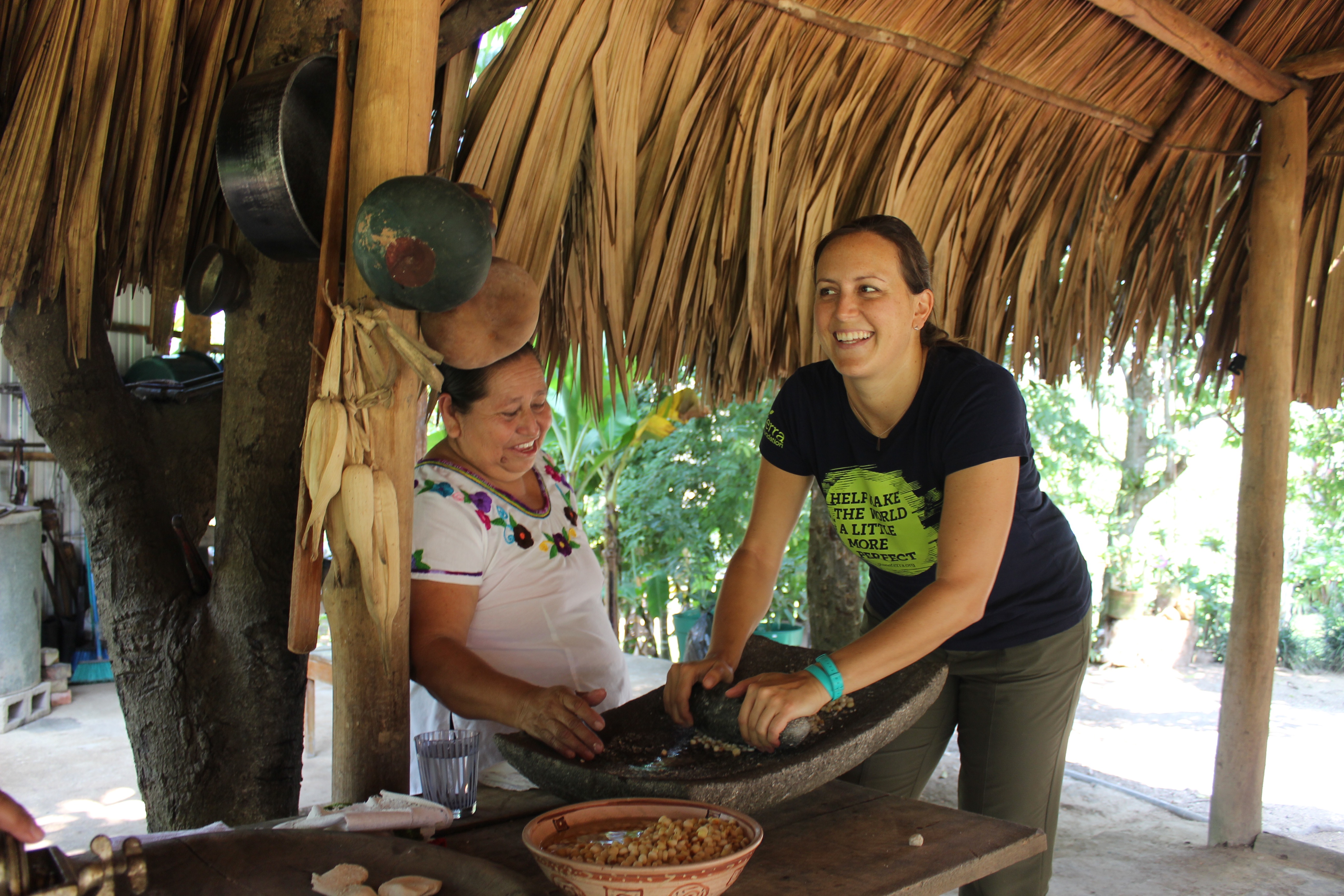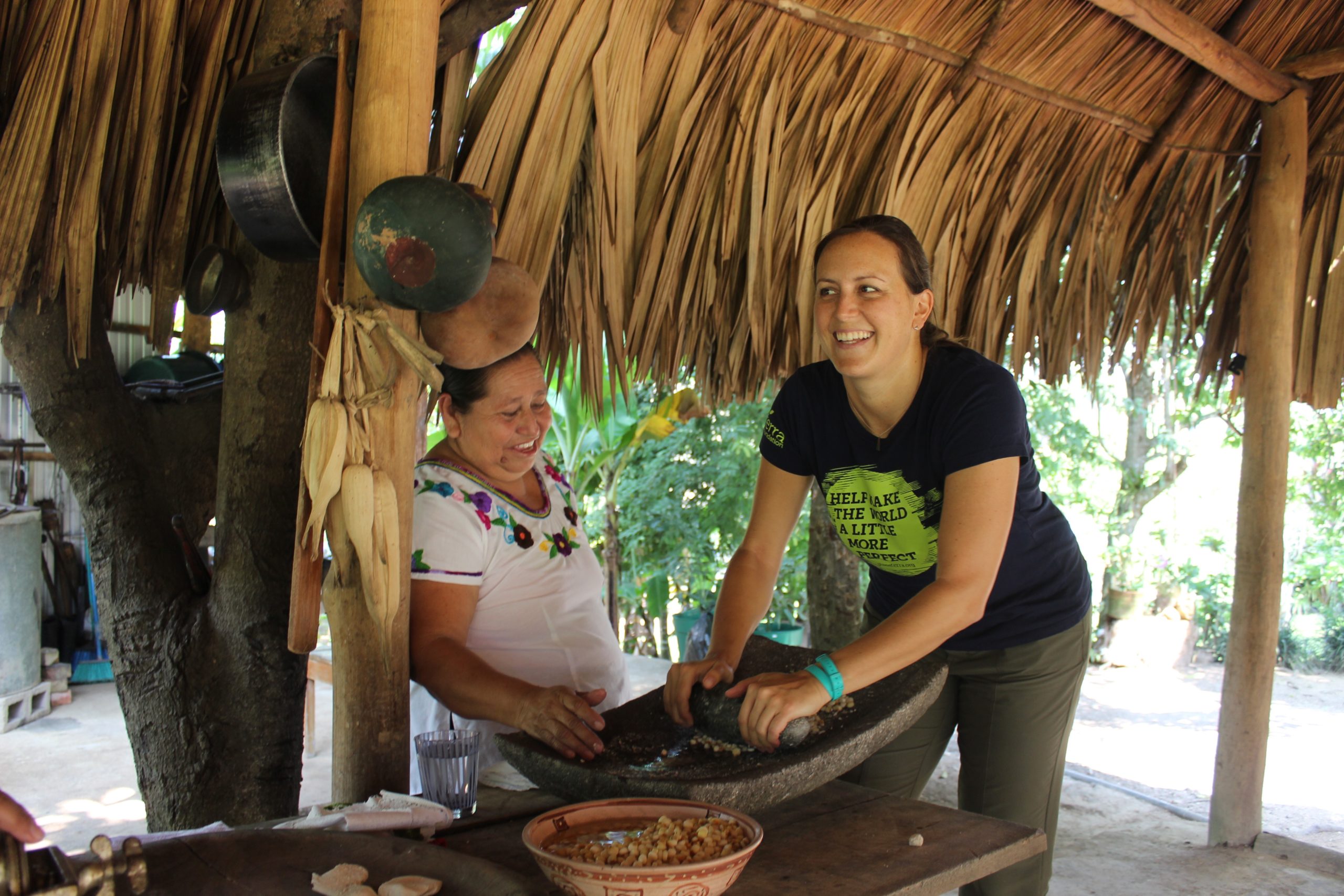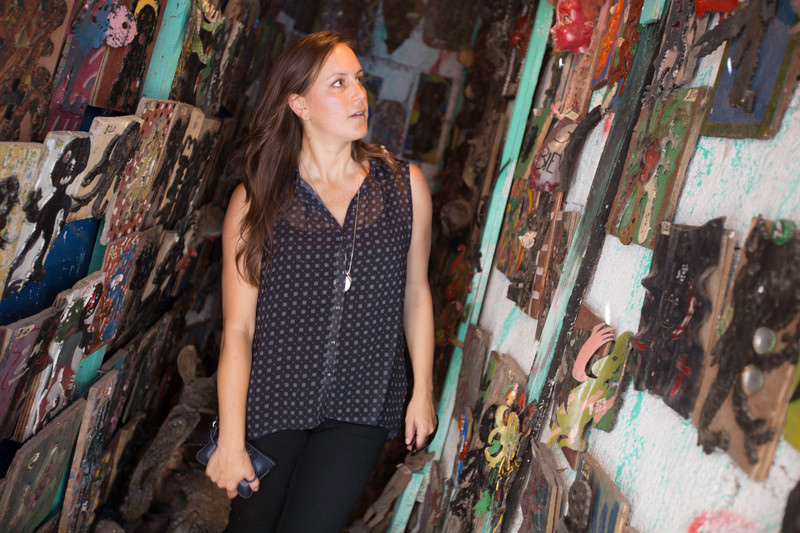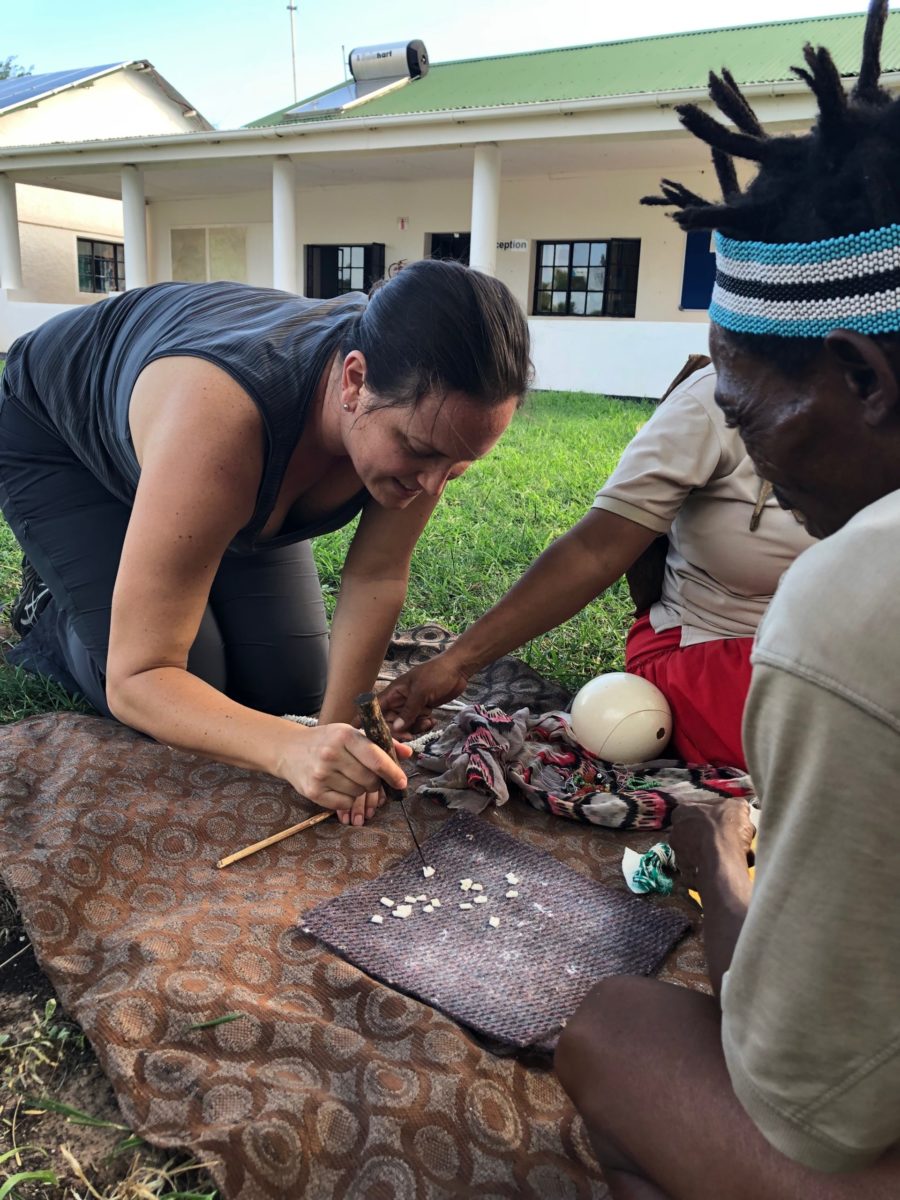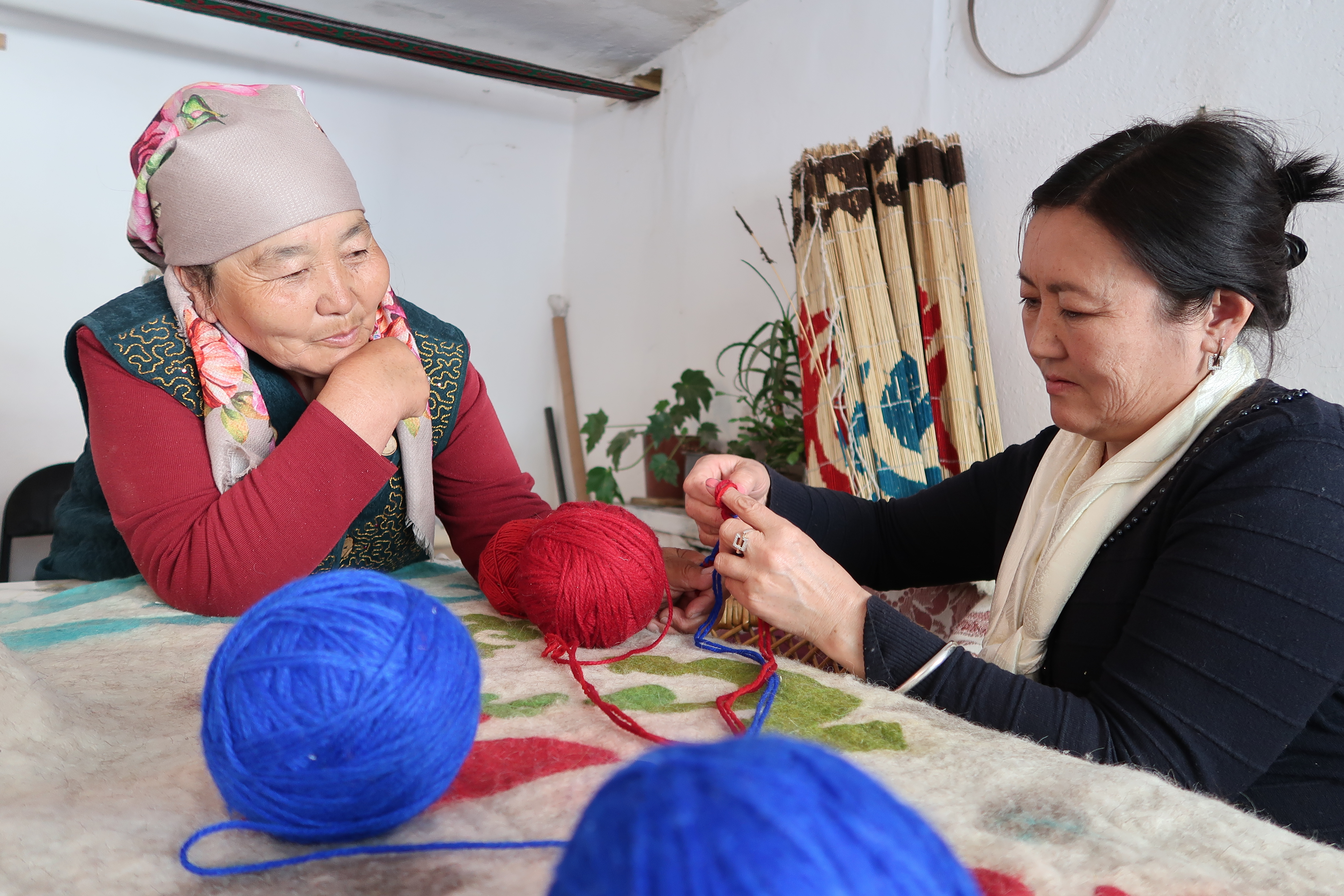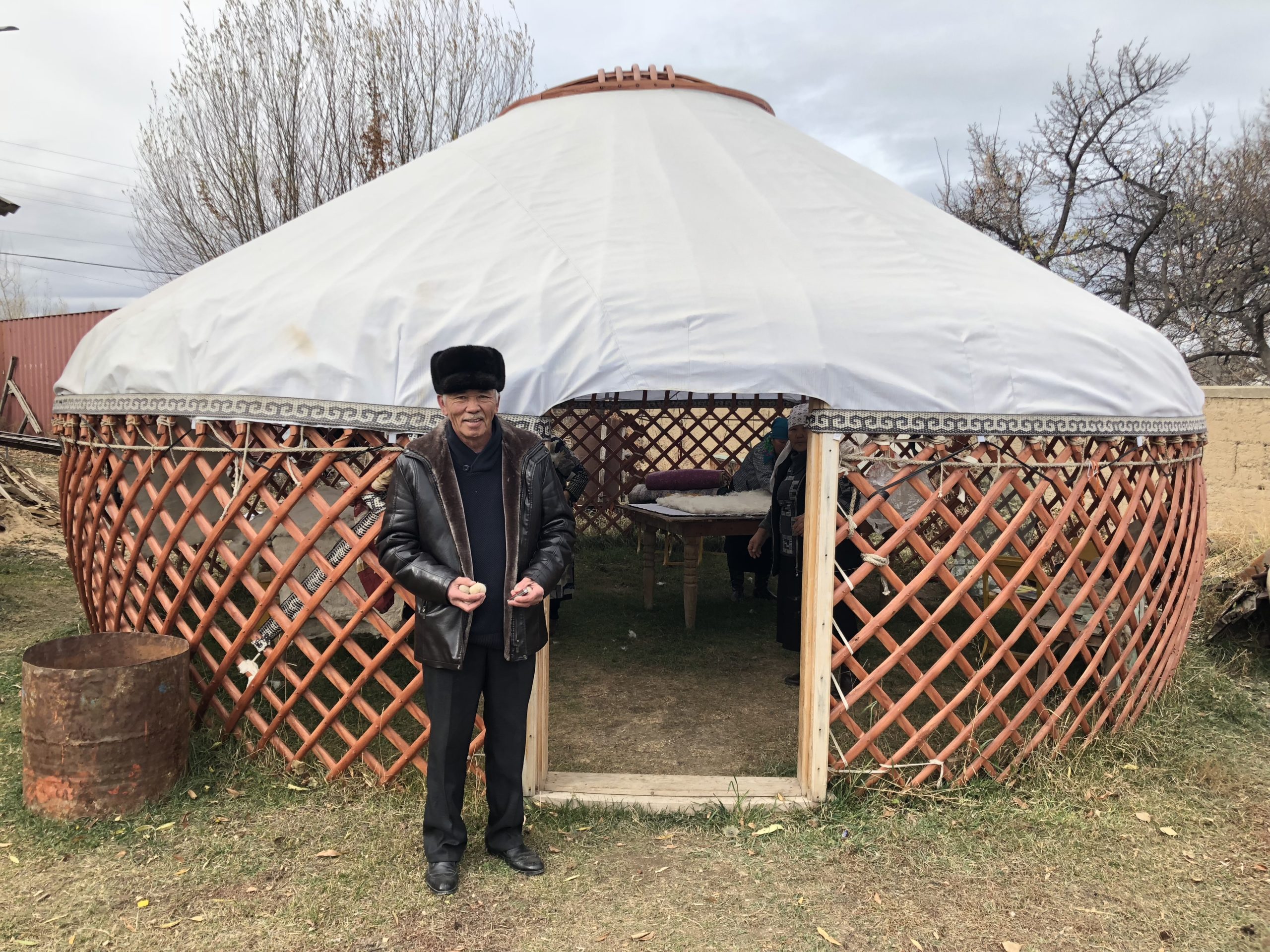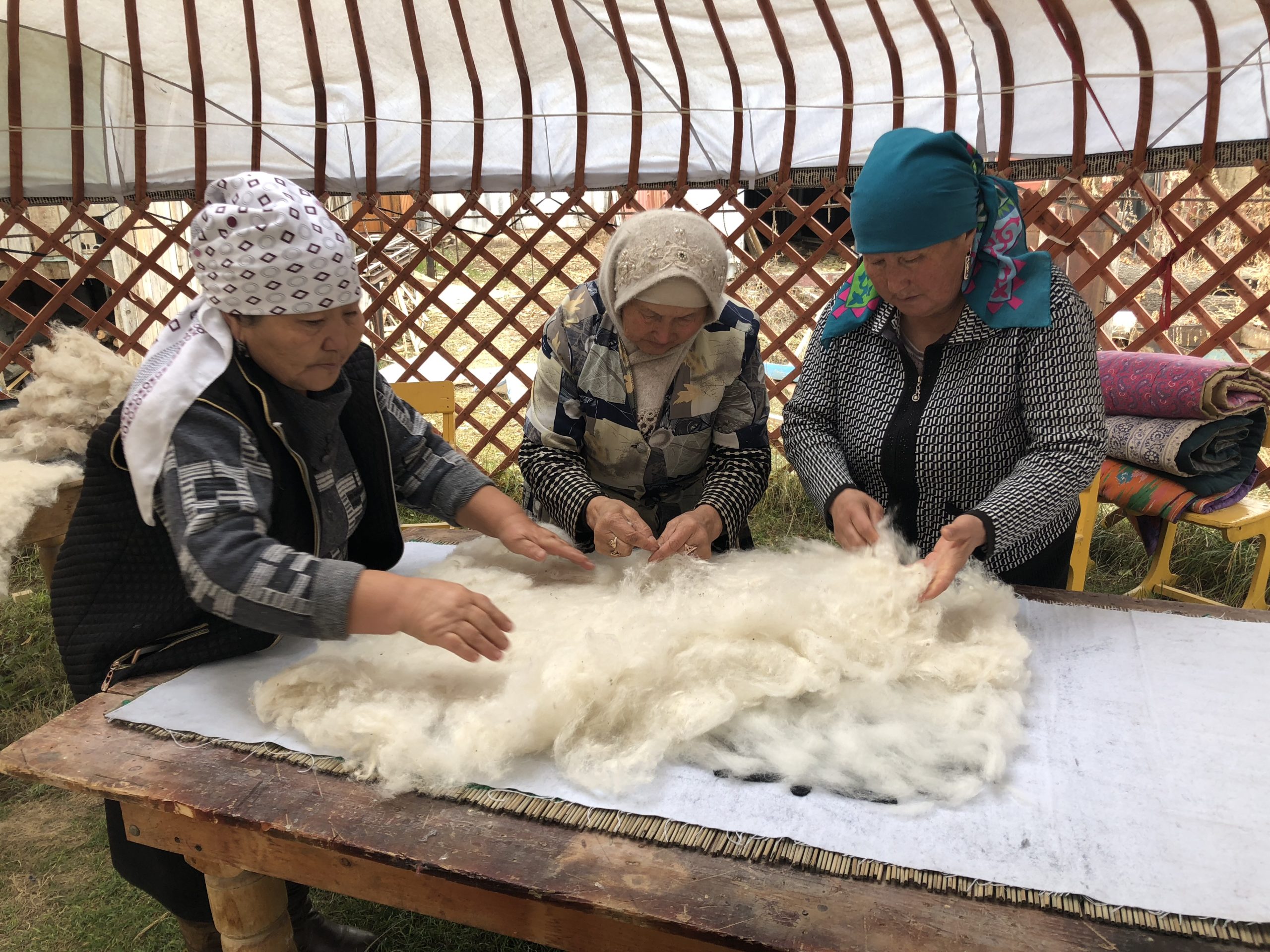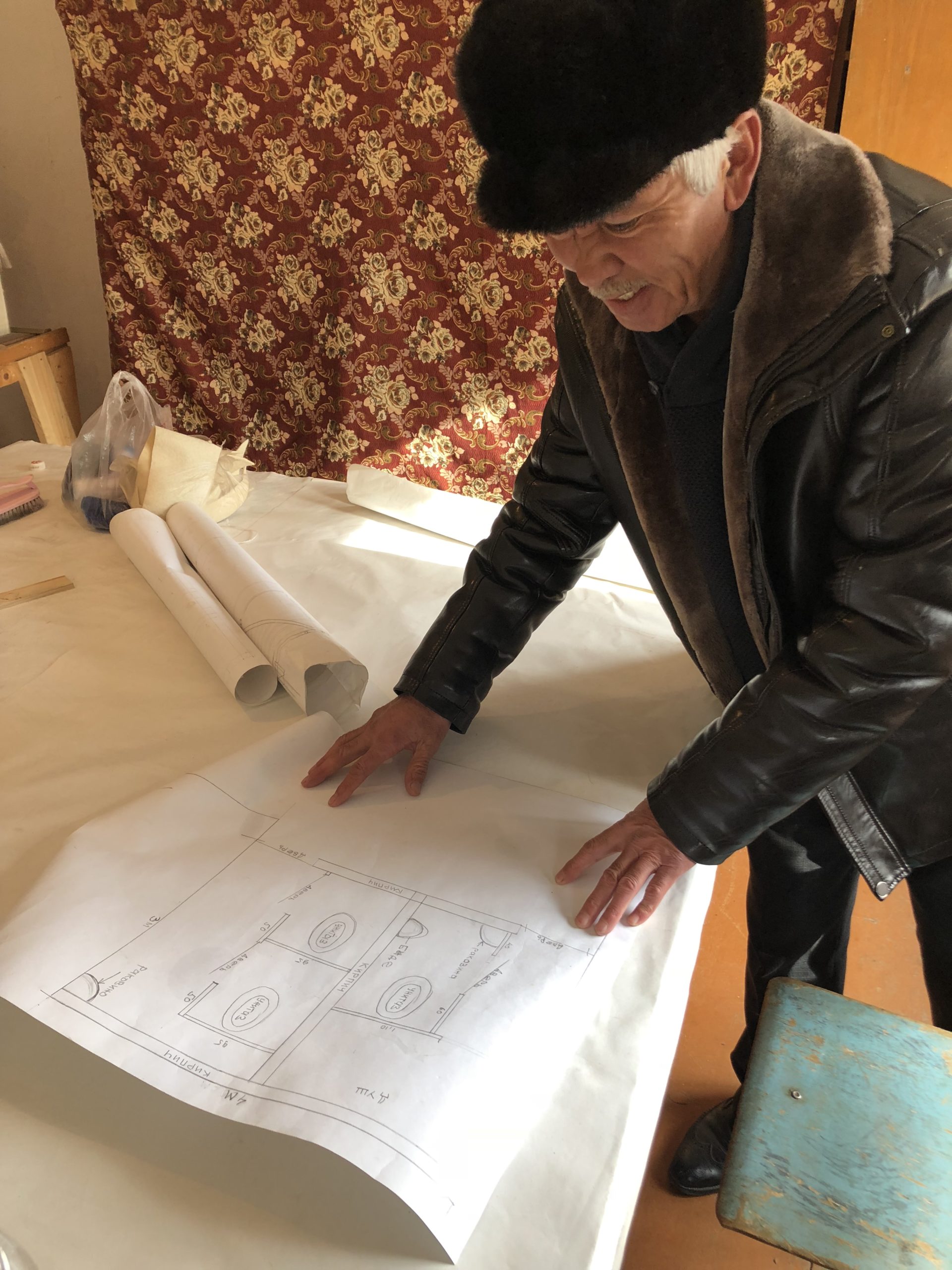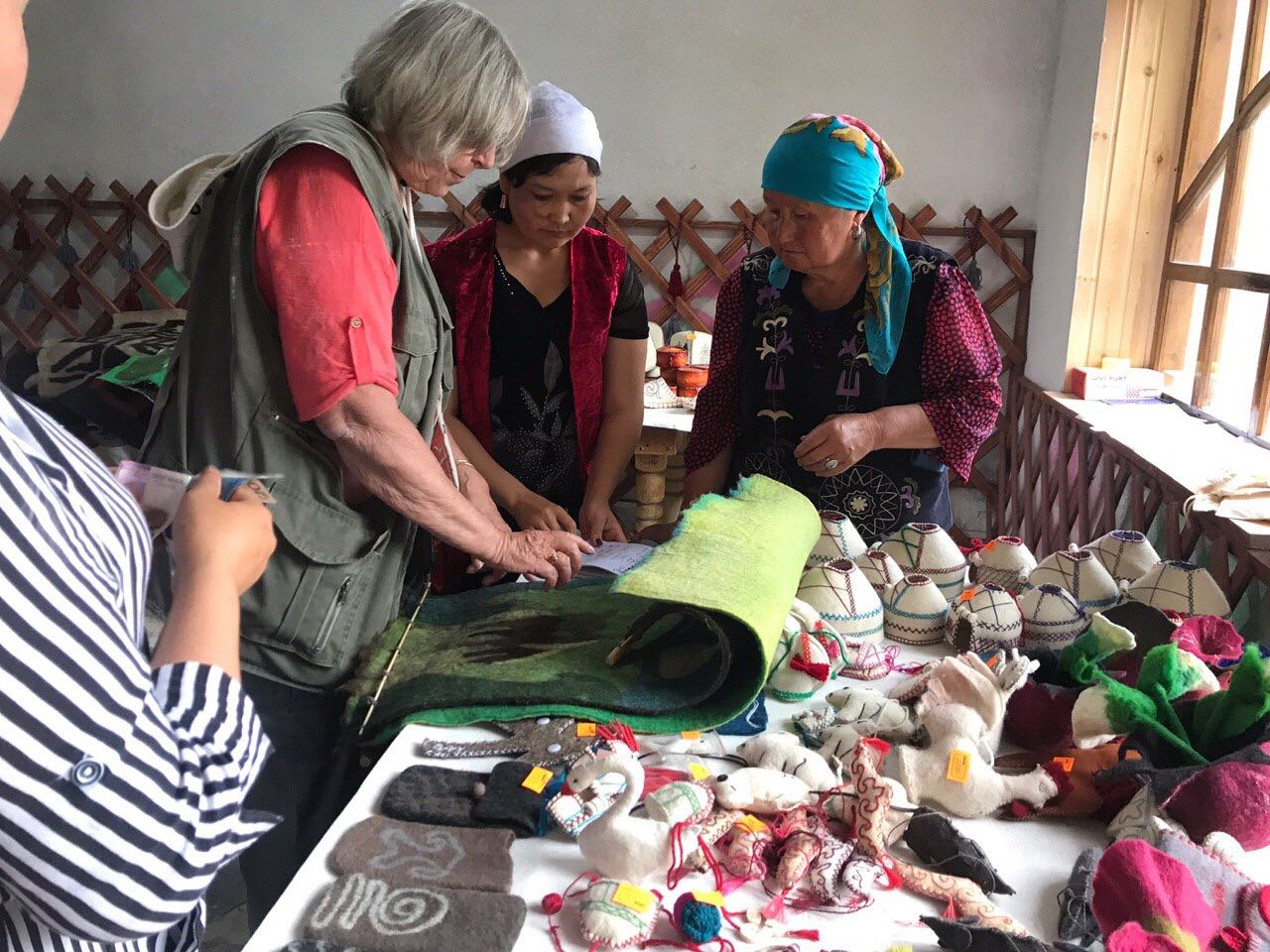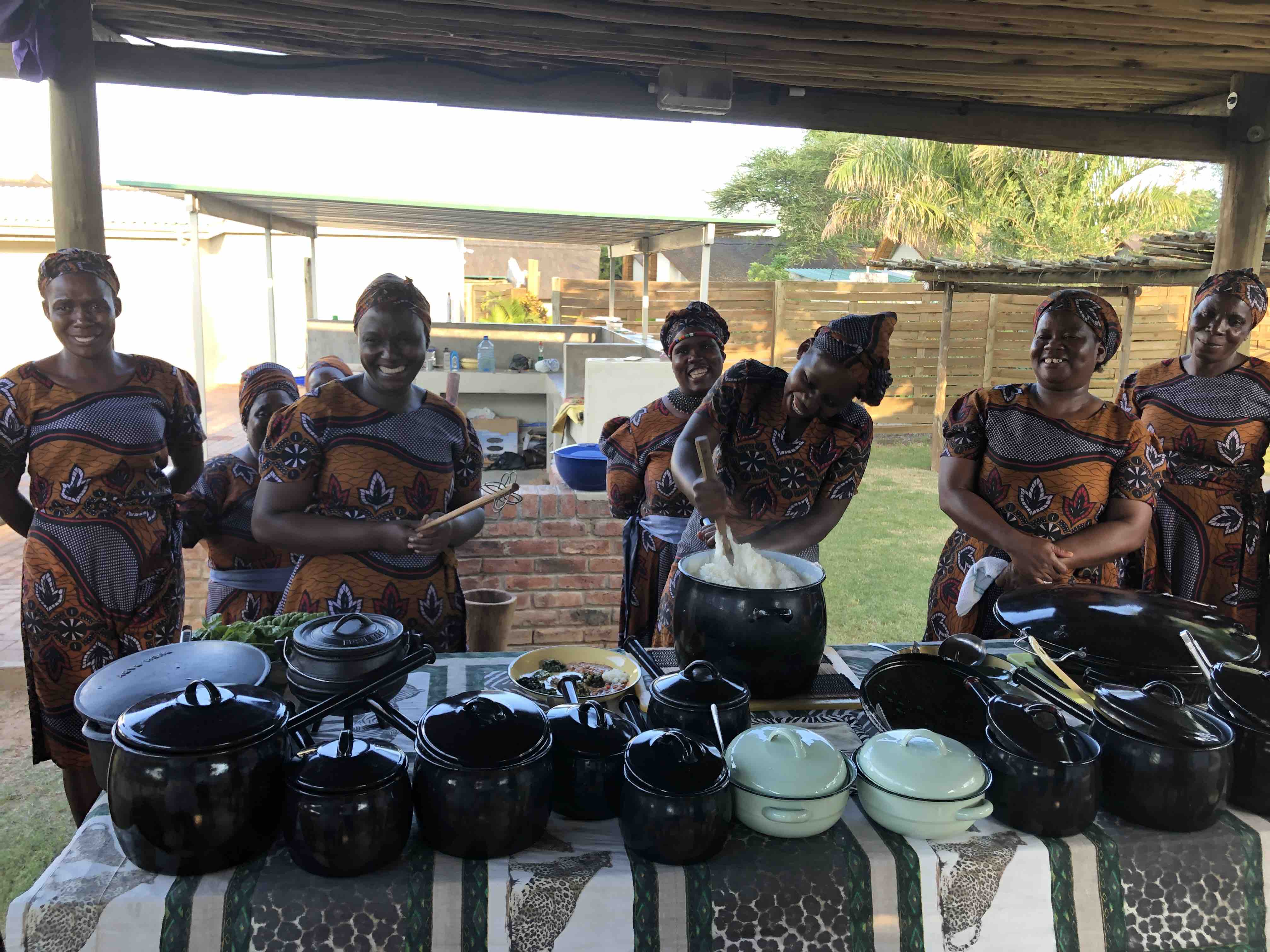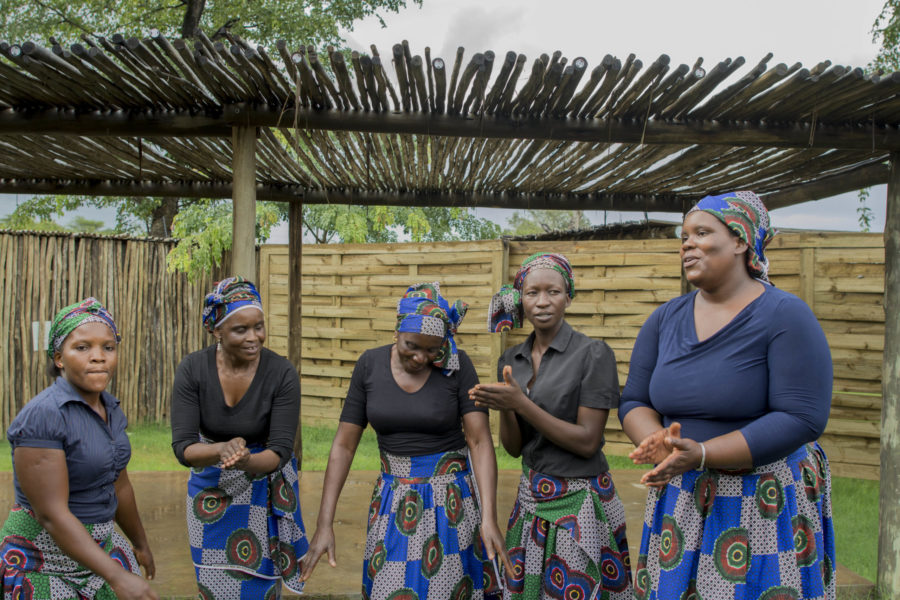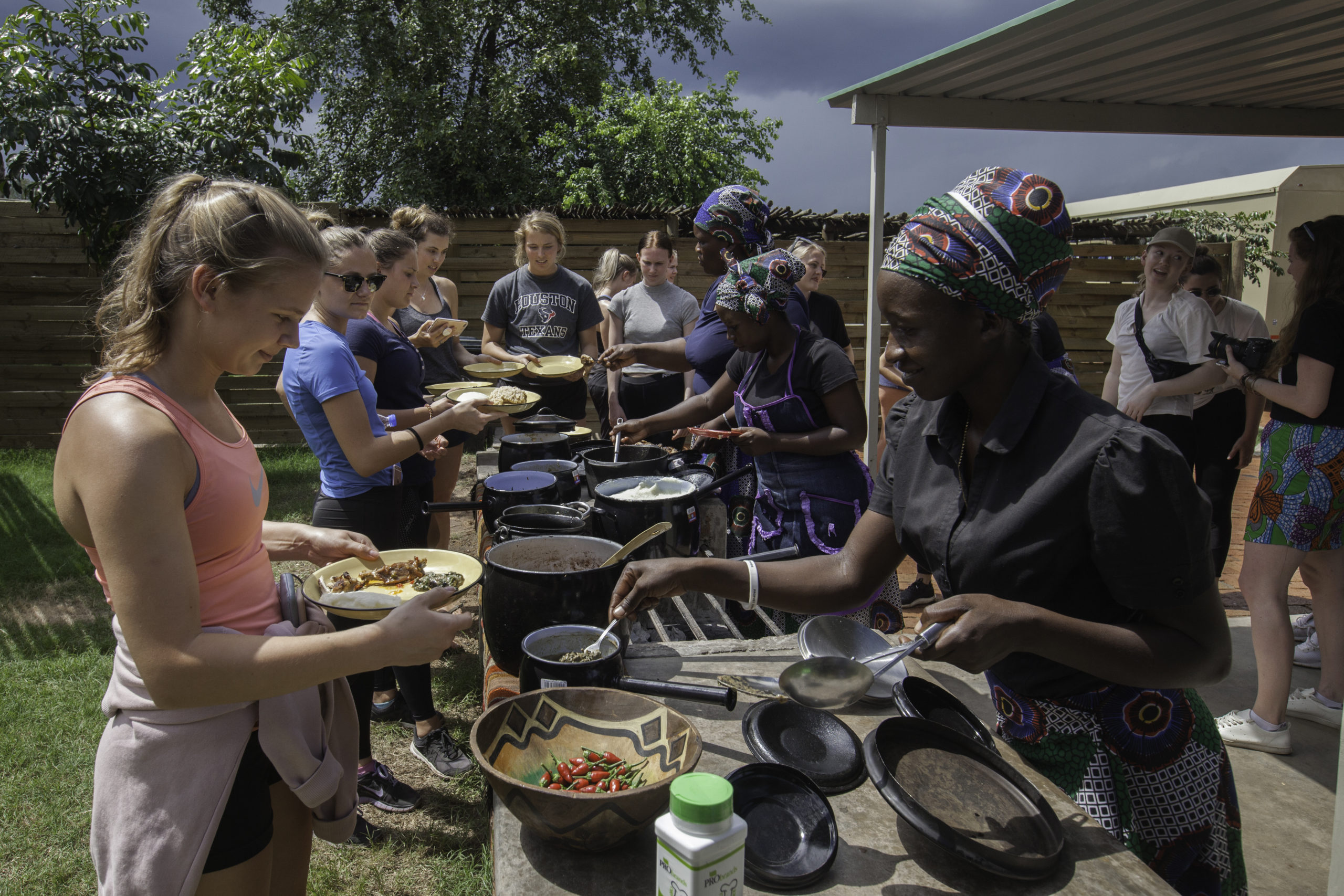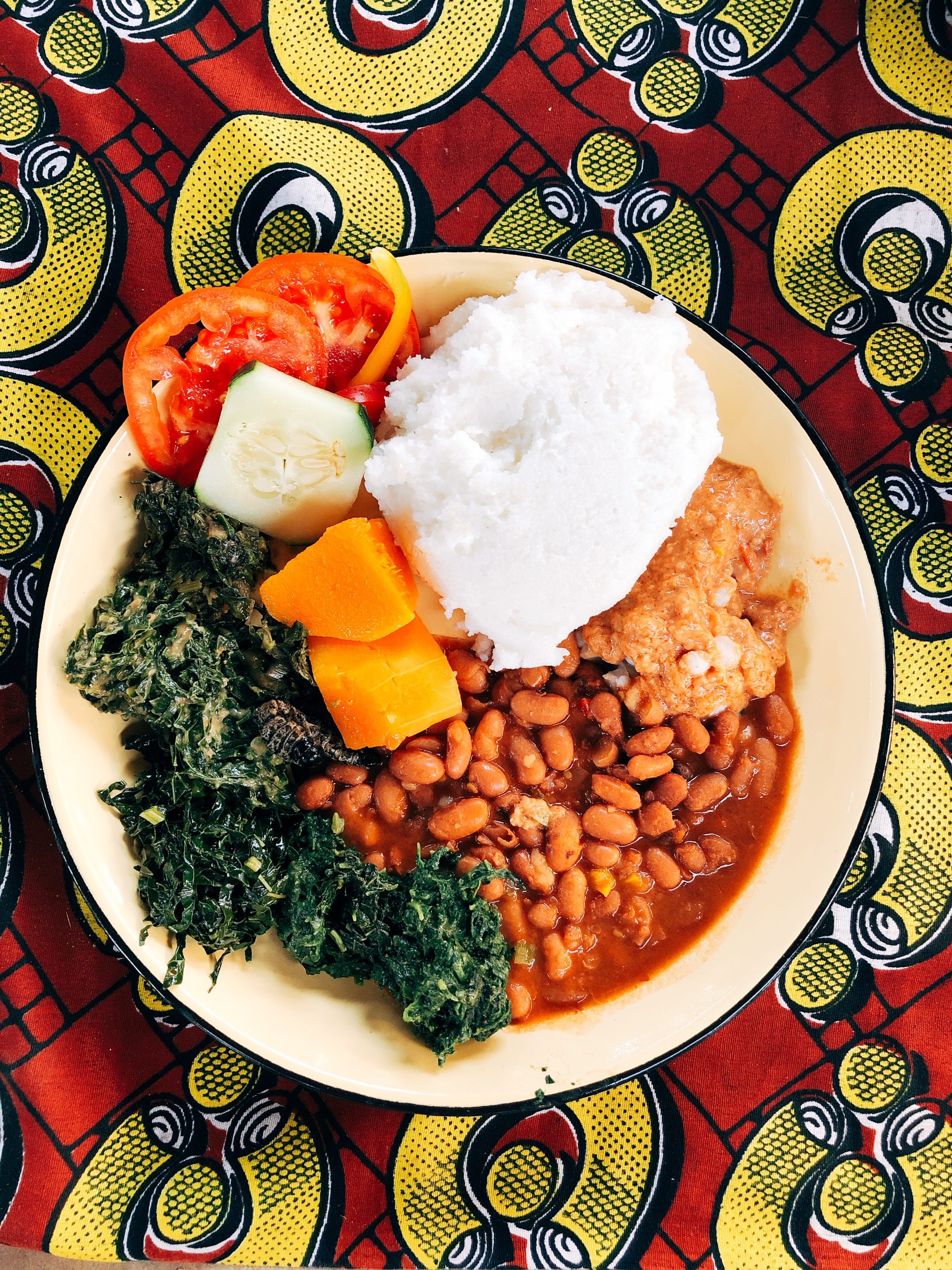WRITTEN BY NATHAN COOK, MARINE SCIENTIST, REEF ECOLOGIC
As a marine scientist specializing in active reef restoration techniques, the Whitsundays is an ideal location to try to implement my craft. In March 2017 ex-Tropical Cyclone Debbie devastated a number of coral reefs in the Whitsundays region of the Great Barrier Reef. In 2019 Reef Ecologic partnered with Planeterra Foundation who provided critical funds to support the continuation of reef restoration activities in the region.

In December Reef Ecologic’s Nathan Cook and associate, Tracey Cook joined Explore Whitsundays in hosting 20 G Adventures travellers in the magnificent Whitsundays region of the reef. Nathan and Tracey went along to introduce travellers directly to the reef restoration project.
We departed Airlie Beach on a beautiful sunny morning heading for our first destination at Blue Pearl Bay on the shores of Hayman Island. The seas were calm and we were all keen to dive into those azure waters common in the Great Barrier Reef.
Some areas of the Great Barrier Reef have been heavily degraded by multiple impacts over the past few years. One of the reef restoration techniques we specialize in is called coral gardening. It’s nothing new; it’s been going on around the world for over 20 years. We take fragments from donor corals, or we might find them loose around the reef, and we transplant them to areas that have been degraded and attach them to the reef using cement. Once they’ve got that stable base, they can grow in that new location and help regenerate that degraded reef. The coral colonies we plant cover small areas in the overall Great Barrier Reef, but if we all contribute our little bit, it’s that whole economies of scale that’s going to make a difference to our global community and impact these ecosystems.
I gave a briefing to all travellers on the restoration project, how it works and what they would see once in the water. Showing the travellers the corals growing on the coral nursery was a real pleasure. It was fulfilling to close the loop and show them the corals growing on the reef that their travels had made possible. Many were amazed that you could actually grow coral this way.
We collected a few loose coral fragments and returned to the boat where we ‘planted’ them in new bases. In this way the corals could grow for 6-12 months before they would be planted out on the reef.
Involving people in the process is an important part of the restoration projects that Reef Ecologic are involved with. When we go out and do reef restoration projects and coral gardening activities—meaning we take corals from healthy reefs and use these to replenish or restore degraded reefs—we get travellers or people from the community who have an interest in the marine park or the marine environment. They want to be involved in the solutions, but they don’t necessarily have that knowledge, training or background. We facilitate their involvement and engagement in these activities. It really gives them a sense of achievement, accomplishment and feeling like they’ve been a part of that solution.
Before we departed Blue Pearl Bay I was accompanied by deckhand Thomas Stedman back to the coral nurseries where we placed the newly propagated corals back onto the frames, “it is super cool to be involved in such a positive project” Tom remarked upon surfacing.
We pulled up the anchor and sailed on to our next destination, leaving our little corals growing on the reef to continue to assist the recovery of these important locations.
“Thanks to the Planeterra Foundation, an important partner providing critical funds to support our work. Partnerships like these help assist the recovery of coral reefs supporting the socio-economic values of reef communities in the Great Barrier Reef and around the world. The reef restoration work in the Whitsundays has thus far been an amazing journey of discovery, learning and regeneration.”



